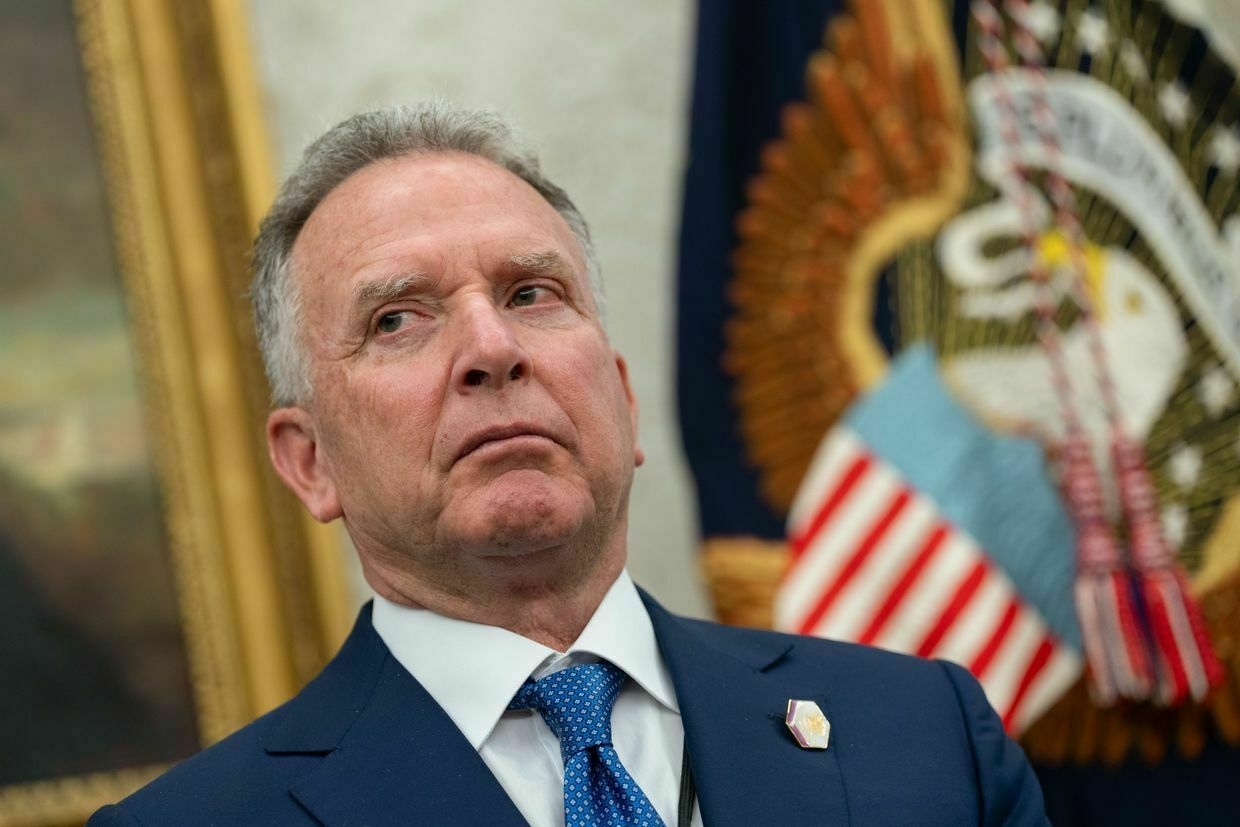-
Amid tense talks in Saudi Arabia, Russia demands U.S. cede four regions of Ukraine
During high-stakes talks with the United States in Saudi Arabia, Russia remains firm on its demand for control over four Ukrainian regions, banking on the idea that the U.S. won't be concerned about changing borders between Ukraine and Russia. Citing its own sources, The Moscow Times reports that the Russian delegation is pressing the U.S. to cede to its control over the Donetsk, Luhansk, Zaporizhzhia, and Kherson regions of Ukraine.
The Kremlin insists on gaining control of these regions within their administrative borders—even though Moscow does not fully control any of them currently.
"Politically, Vladimir Putin can’t afford to lose these territories; Russia is determined to secure them at any cost. The Russian constitution has no mechanism for regions to leave. We need the entire Zaporizhzhia and Kherson regions," a source told the publication.
Another high-level Russian official expressed hope that the U.S. would pressure Ukraine into withdrawing its forces from Russian-occupied areas. "Either Trump will influence them to leave, or we’ll be told to enter prolonged negotiations while using military force to establish control concurrently. That’s the worst scenario for us because crossing rivers is always a painful operation," he explained.
Journalists claim Moscow might also attempt to seize parts of Dnipropetrovsk or Sumy Oblasts as bargaining chips to offer in exchange for Kherson and Zaporizhzhia. "We are looking for a solution that would avoid crossing the Dnipro or assaulting Kherson. Hopefully, it won’t come to that, as it would mean thousands of casualties for us," another source stressed.
In the meantime, the Kremlin is banking on the indifference of a potential Trump administration to the precise territorial outcomes: "My understanding is that Trump wants to see a modern, well-armed, pro-Western Ukraine. He can’t just hand over Ukraine entirely, but he’s less concerned about exactly where the border will be drawn," sources informed The Moscow Times.
On March 6, a Ukrainian military serviceman with the call sign "Alex" indicated that Russian forces aim to reach the borders of Dnipropetrovsk. Meanwhile, on March 20, Russian Foreign Ministry spokesperson Maria Zakharova stated that Russia expects the U.S. to stop supplying Ukraine with arms and intelligence.
-
US senators push Trump administration to seize Russian assets for Ukraine, Reuters reports
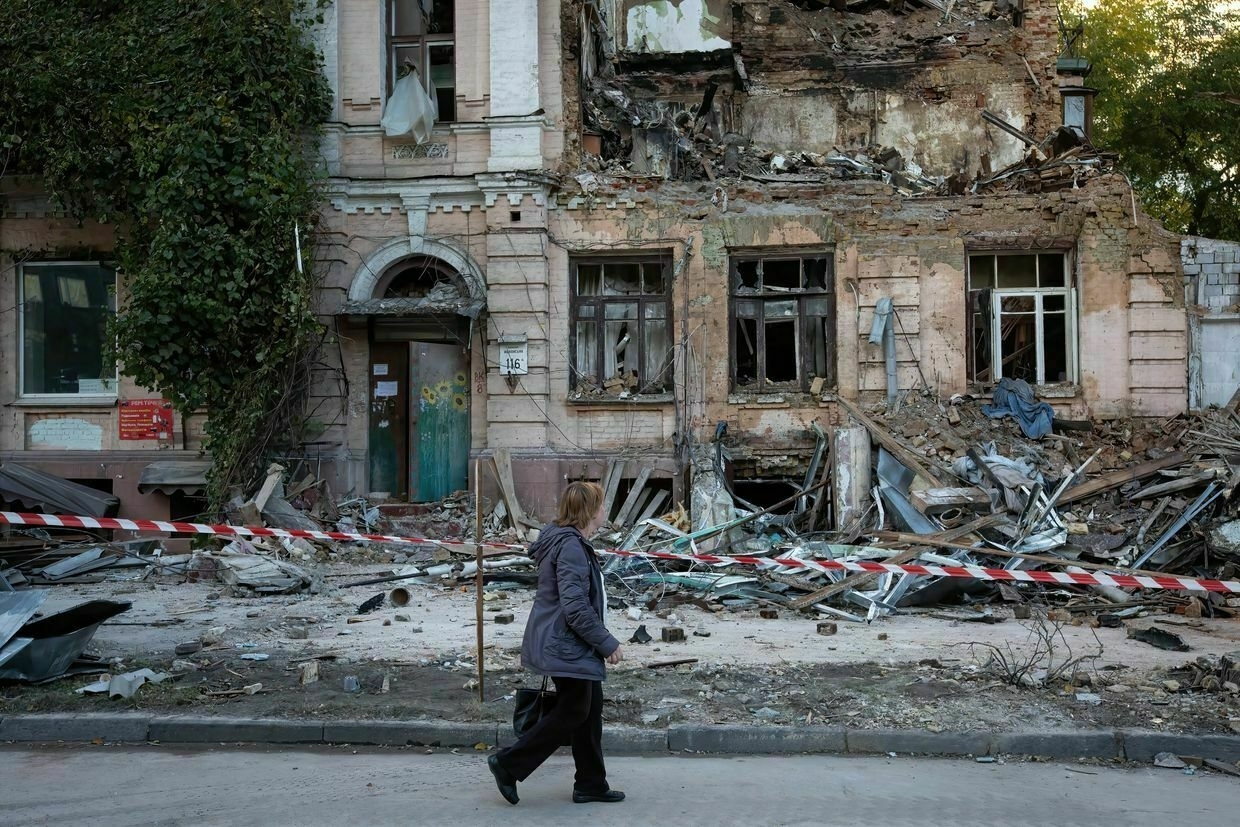
A bipartisan group of U.S. senators is urging the Trump administration to transfer more than $300 billion in frozen Russian assets to Ukraine instead of limiting assistance to interest earned on those funds.
In a letter to Secretary of State Marco Rubio seen by Reuters on March 24, senators questioned the administration’s willingness to use all available financial tools to pressure Russia into ending its war against Ukraine.
“How does the Administration view using all financial tools at its disposal to increase pressure on Russia to end the war?” the senators reportedly wrote in the letter. They also asked whether U.S. and EU-held Russian assets should be leveraged in negotiations with Moscow.
Senators Todd Young and Lindsey Graham signed the letter, marking a rare instance of senior Republicans publicly urging a tougher stance on Russia. Democrats Richard Blumenthal and Tim Kaine signed it as well.
Pro-Ukraine Republicans in Congress have largely remained silent as Trump shifts U.S. policy closer to Moscow. The State Department has not yet responded to the senators' request.
Their letter, sent on March 21, coincided with U.S.-Russia negotiations in Saudi Arabia, where officials discussed a potential Black Sea maritime ceasefire as a precursor to broader peace talks.
‘Absolutely unacceptable’ — Ukrainian MPs react to Witkoff’s statements on occupied territoriesSteve Witkoff’s controversial comments on the Russian-occupied territories of Ukraine have prompted criticism from Ukrainian lawmakers.The Kyiv IndependentMartin Fornusek
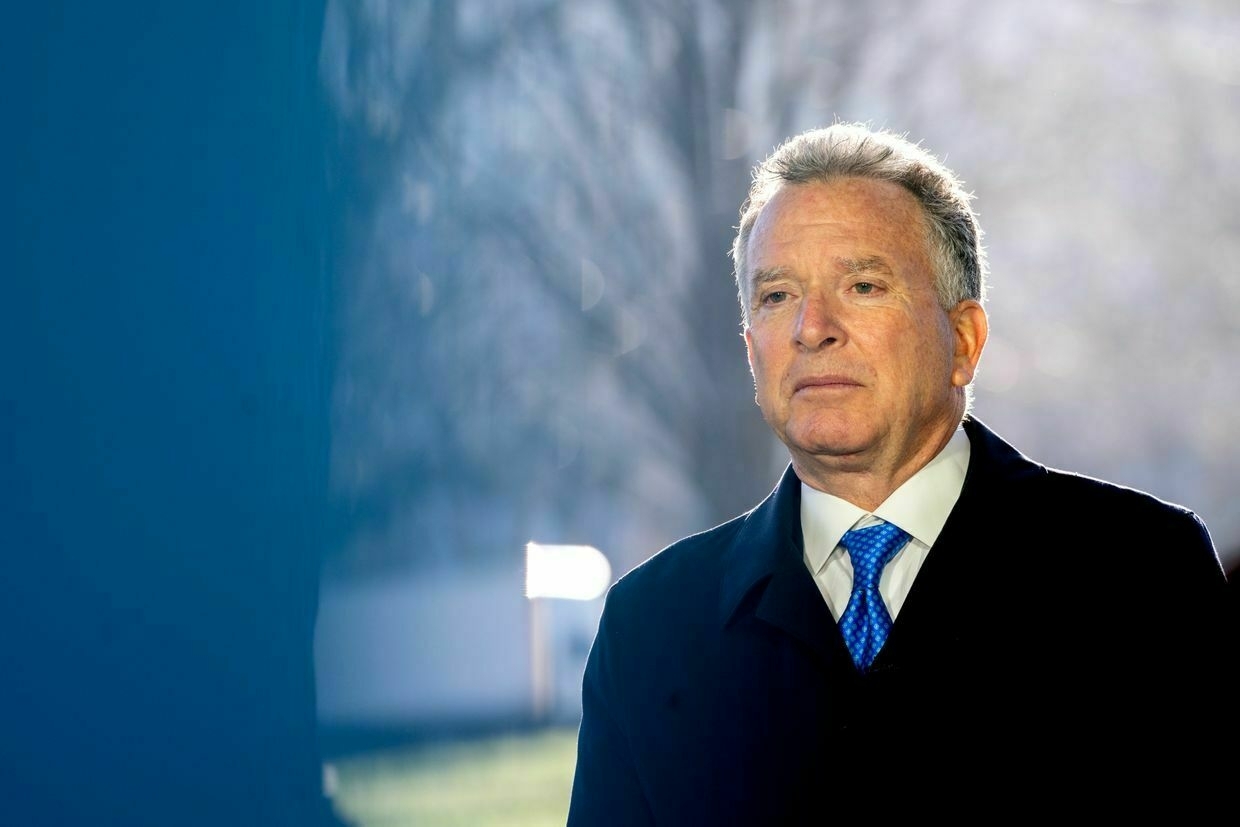
For years, U.S. lawmakers have pushed to use frozen Russian assets to support Ukraine’s reconstruction rather than rely on American taxpayer dollars.
In the letter, the senators pressed the administration on whether it plans to encourage the EU, G7, and other allies to use Russian sovereign assets for Ukraine’s benefit. They also inquired about allowing Ukraine to purchase defense equipment using these assets.
Following Russia’s 2022 full-scale invasion of Ukraine, the U.S. and its allies froze an estimated $300-350 billion in Russian sovereign assets, primarily held in European financial institutions.
Washington has refrained from fully seizing the assets due to legal concerns, instead opting to use interest earnings to provide aid to Ukraine. Meanwhile, Moscow has condemned any potential asset transfer as theft but has reportedly signaled a willingness to use frozen European funds for reconstruction—provided some of the money benefits the Russian-occupied territories of Ukraine.
Ukraine war latest: Amid Russia-US talks in Riyadh, Russia fires missiles at Sumy, injuring 88Key developments on March 24: * Russia, US finish 12-hour-long negotiations in Saudi Arabia * Russian missile strike on Sumy injures 88, including 17 children * ‘Important but small operations’ — Ukraine reclaims territory near Dvorichna in Kharkiv Oblast, military says * Oil pumping station in…The Kyiv IndependentThe Kyiv Independent news desk
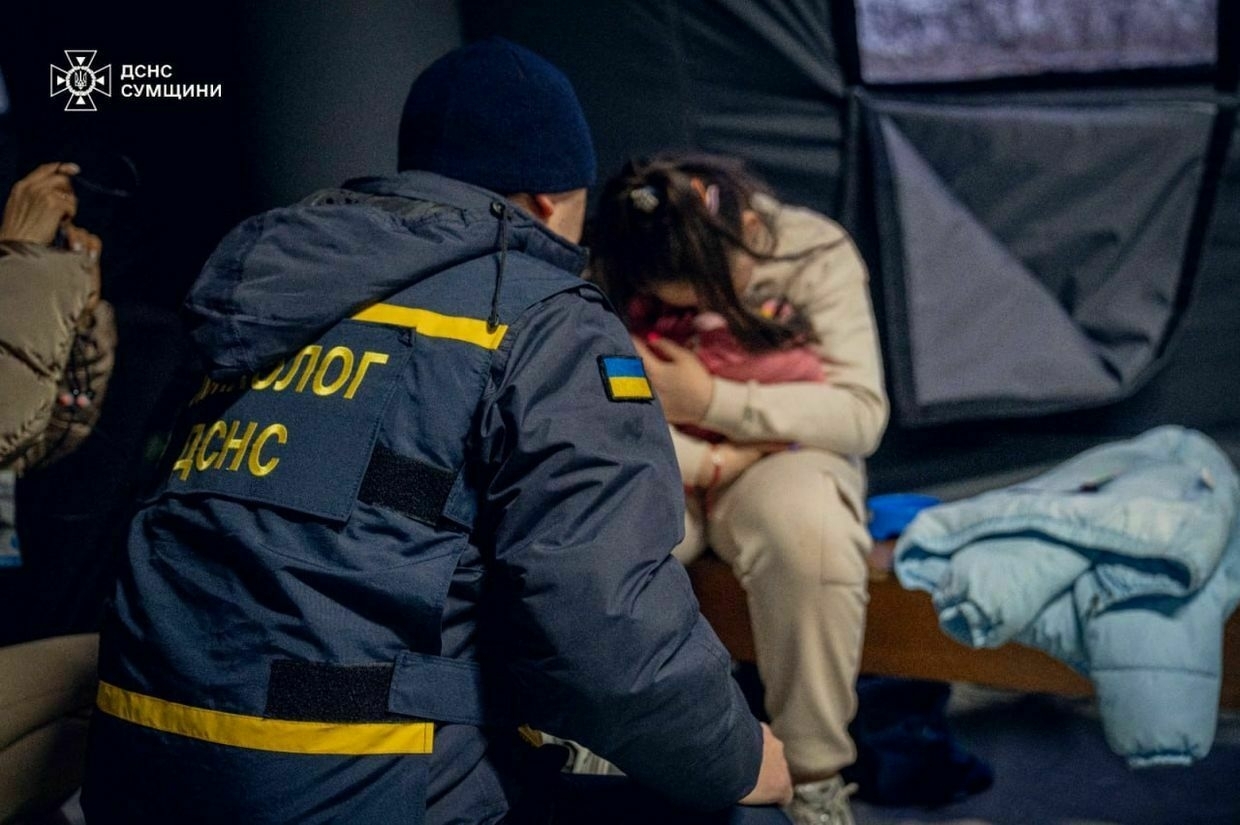
-
Russia seeks full control of occupied Ukrainian regions in talks with US, media reports
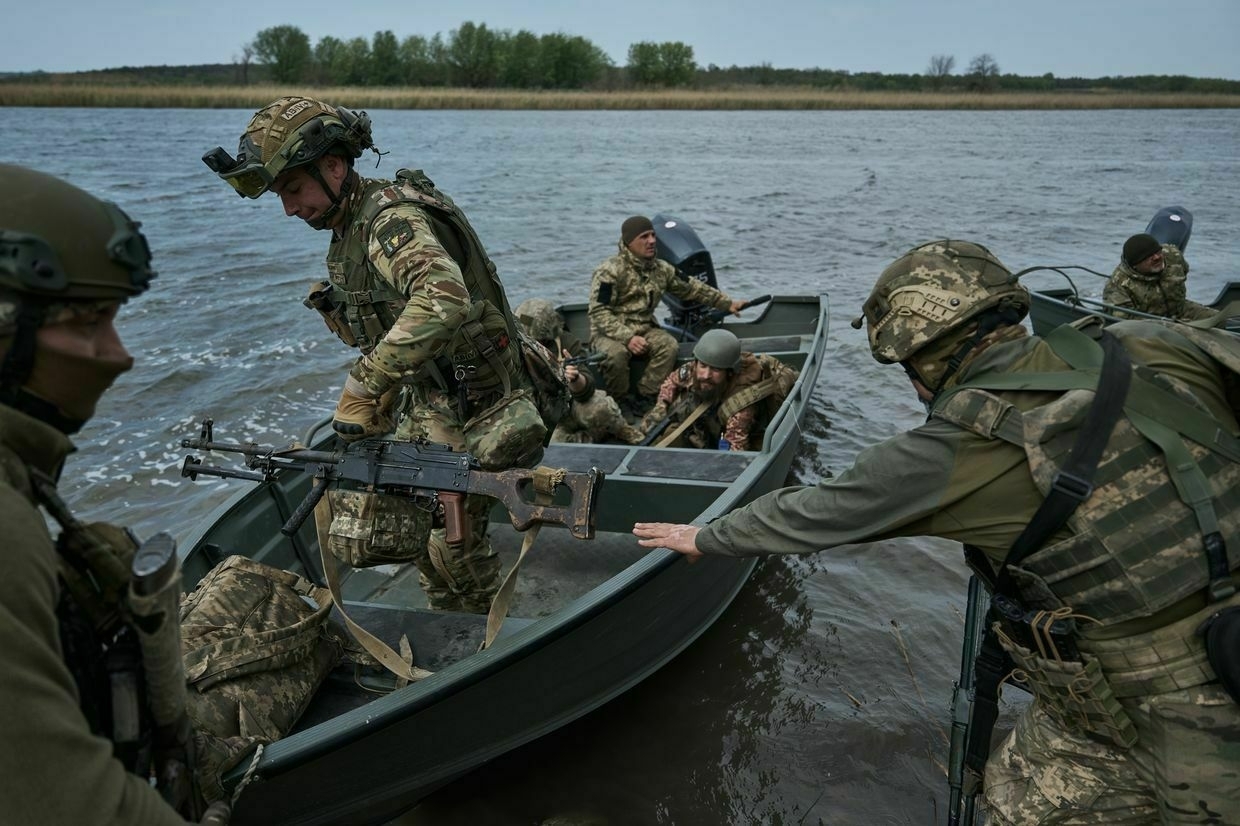
Russia is pushing to gain full control over four occupied Ukrainian oblasts—Donetsk, Luhansk, Zaporizhzhia, and Kherson—during negotiations with the United States in Saudi Arabia, the Moscow Times reported, citing sources familiar with the Kremlin’s strategy.
Although Russian forces do not fully control any of these regions, the Kremlin demands them in their administrative borders, as defined in the Russian Constitution following their illegal annexation.
A Kremlin-linked official told the Moscow Times that Russia’s President Vladimir Putin cannot afford to lose these territories politically, and Russia intends to solidify its grip on them at any cost.
“The Constitution has no mechanism for regions to leave Russia. We need all of Zaporizhzhia and all of Kherson,” the official reportedly said.
The Kyiv Independent can’t immediately verify these claims.
Editorial: What Steve Witkoff doesn’t get about Ukraine (and Russia)In any negotiation, one of the most powerful weapons is knowledge. In that regard, Steve Witkoff is willfully disarmed. And it’s playing just right for Russia. The interview that Witkoff, Trump’s special envoy, gave to Tucker Carlson a few days ago revealed a truth that was perceived especiallyThe Kyiv IndependentThe Kyiv Independent
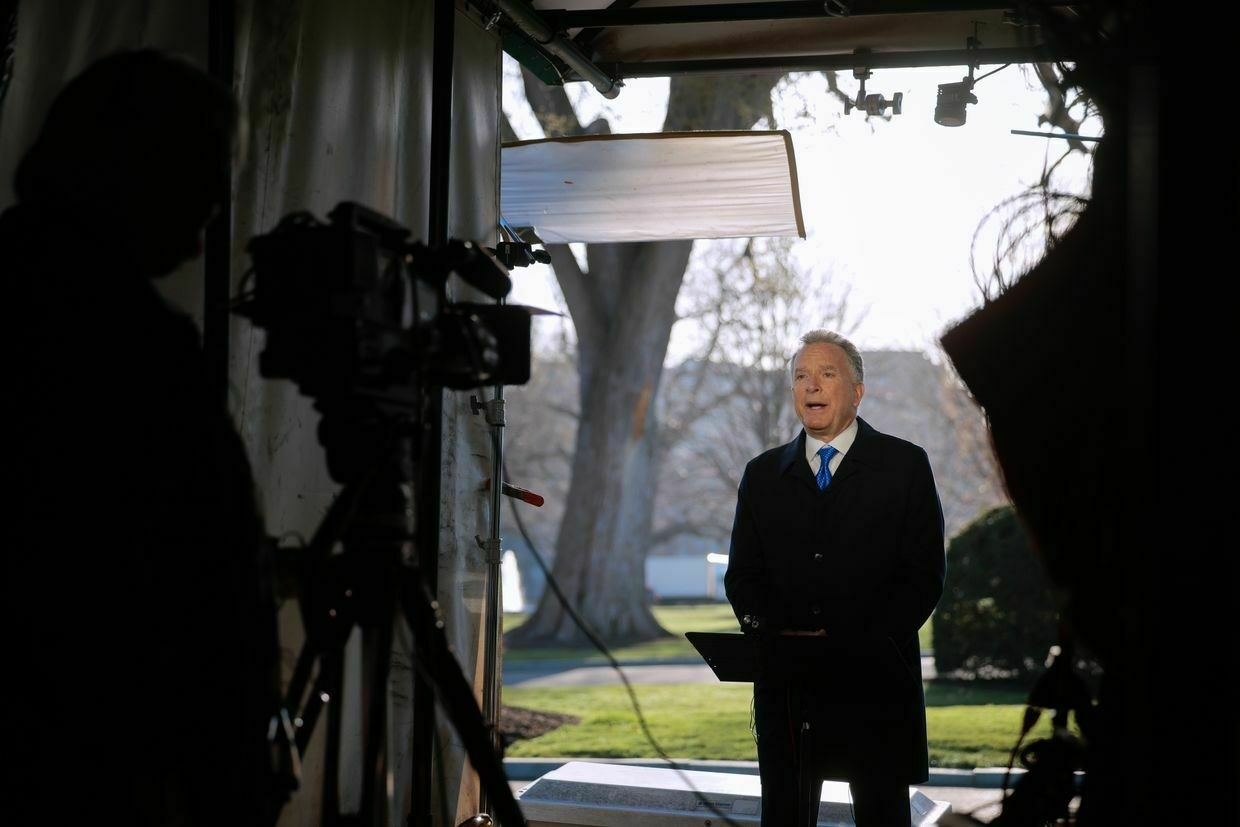
Another Russian government source suggested that Moscow hopes Washington might pressure Kyiv to withdraw entirely from the occupied regions.
“Either Trump convinces them to leave, or we are told to enter prolonged negotiations while simultaneously using military force to secure control. That would be the worst scenario for us since river crossings are always costly operations,” the source added.
As an alternative, Russia may attempt to seize additional Ukrainian territory, such as parts of Dnipropetrovsk or Sumy oblasts, and then offer an exchange for Kherson and Zaporizhzhia, another Russian official speculated. “We hope to find a way that avoids storming Kherson or forcing a crossing of the Dnipro River. That would mean thousands of casualties for us,” he admitted.
As of late 2024, Russian forces controlled about 98.5% of Luhansk Oblast and 60% of the Donetsk region.
Despite these challenges, Russian diplomats believe that a potential Trump administration may be indifferent to the exact borders of a future settlement.
“From what I understand, Trump wants a modern, well-armed, pro-Western Ukraine,” a Russian diplomat told the outlet. “He cannot just hand over Ukraine entirely. But where exactly the border is drawn—that may not matter much to him."
Who is Sergey Beseda, Russian spy handler leading talks with US?Sergey Beseda, former head of the 5th Service of Russia’s Federal Security Service (FSB), was an unconventional choice to represent his country in the talks with the U.S. in Saudi Arabia on March 24. Seventy-year-old General Beseda, however, has been deeply involved in Russia’s all-out war againstThe Kyiv IndependentKateryna Denisova
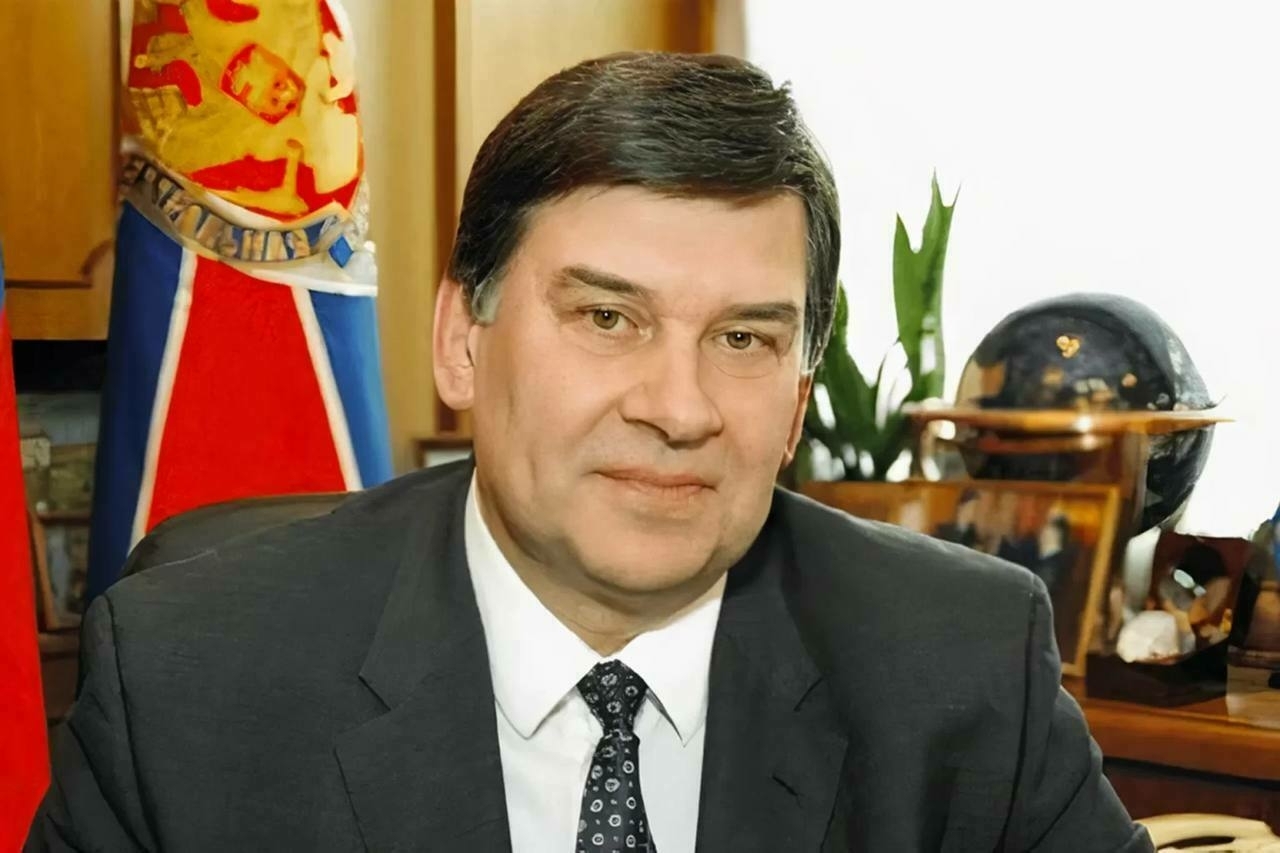
-
Editorial: What Steve Witkoff doesn’t get about Ukraine (and Russia)
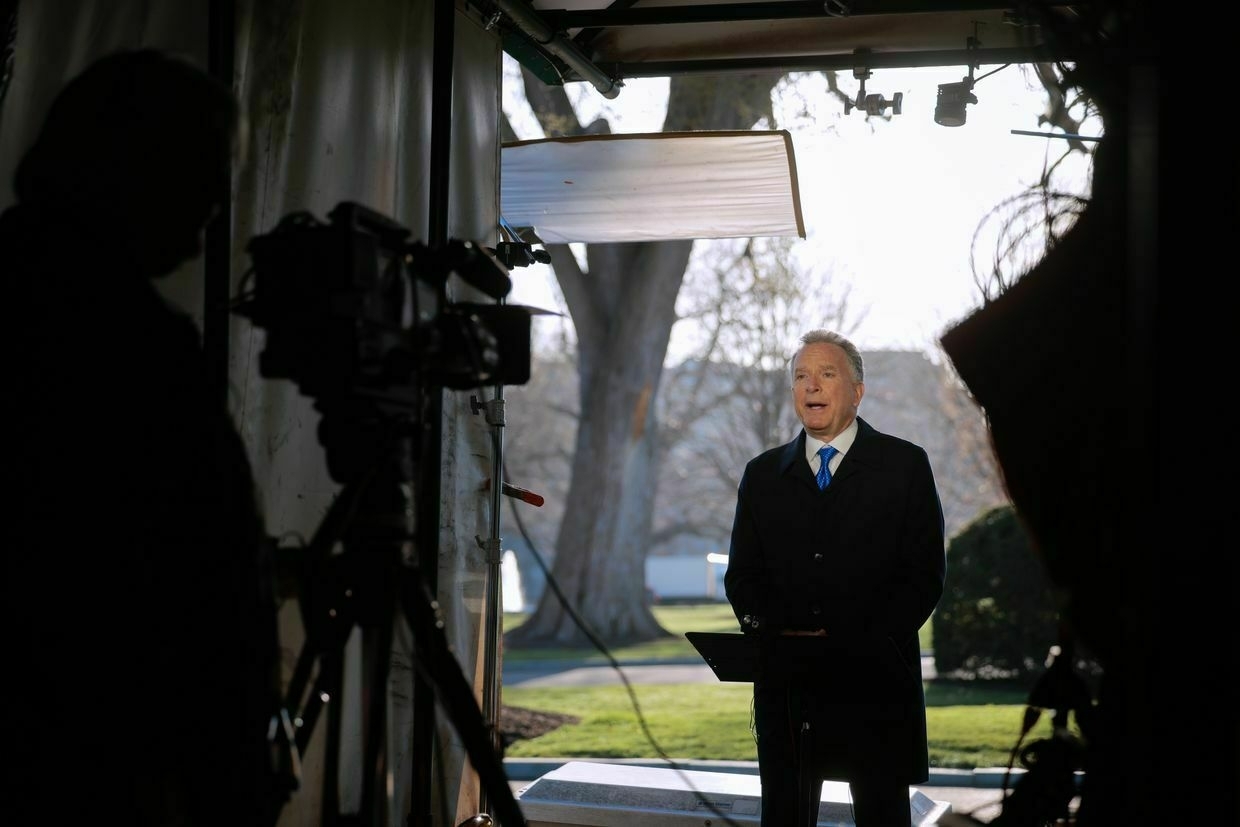
In any negotiation, one of the most powerful weapons is knowledge. In that regard, Steve Witkoff is willfully disarmed.
And it’s playing just right for Russia.
The interview that Witkoff, Trump’s special envoy, gave to Tucker Carlson a few days ago revealed a truth that was perceived especially bitterly here in Ukraine:
In the negotiation where everything is at stake, Ukraine’s most powerful ally is represented by a man who either knows next to nothing about Ukraine or woefully misunderstands it. Moreover, the resulting vacuum is being filled with the propaganda that Russians feed to him.
Observing it from Kyiv, knowing that Witkoff is among the people deciding Ukraine’s future, was sobering and terrifying.
Although Witkoff, Donald Trump’s special envoy to the Middle East, wasn’t yet officially appointed to lead the negotiations with Russia, informally he has sidelined the Russia envoy Keith Kellogg. It happened due to his success brokering the ceasefire between Israel and Gaza — which has crumbled. One wonders if his approach to the Middle East deal was as devoid of factual knowledge as his tactic with Russia is.
In the interview, Witkoff revealed two key things. One is his apparent infatuation with Russian President Vladimir Putin. No surprises there, since it appears to be a job requirement for anyone in the current U.S. administration.
Witkoff praised Putin for respecting Trump by ordering a portrait of him drawn by a renowned Russian artist, and for praying for Trump following his assassination attempt.
He and Carlson contrasted it with President Volodymyr Zelensky’s “disrespectful” behavior toward Trump during the infamous Oval Office meeting. “The arrogance of small countries!” Carlson quipped. “The ignorance of small men,” we’d like to say back to him. (Here’s our editorial about that meeting).
But after praising Putin, Witkoff moved on to reveal something even worse: His utter lack of knowledge about Ukraine and the war.
At the center of this conflict, Witkoff said, is the fate of “these so-called four regions.” He made an attempt to list them, only to fail embarrassingly.
“Donbas, Crimea…” he started.
“Luhansk,” Carlson helpfully added.
“Yes, Luhansk!” Witkoff said. “And two others.”
Neither of these two men who have strong opinions on Ukraine and Russia (and in the case of Witkoff — the power to dictate their futures) even know the names of the embattled regions of Ukraine that Russia has pronounced theirs.
Here’s a primer for Witkoff and Carlson. The four regions they were trying to recall are: Donetsk Oblast, Luhansk Oblast, Zaporizhizhia Oblast, and Kherson Oblast. “Oblast” is a region. Like a state, but with less autonomy.
These regions have suffered the bulk of Russian aggression, they have bled and lost countless lives and cities. The least they deserve is for people to remember their names.
All four regions are partly occupied by Russia, but in two of them — Kherson and Zaporizhzhia — Ukraine controls the regional capitals. Donbas is an unofficial name of the region that encompasses both Luhansk and Donetsk oblasts. Crimea, which Witkoff tried to put in the same line-up, is a separate entity, a fifth region. It was illegally annexed by Russia in 2014. The annexation wasn’t recognized by the international community.
However, the name confusion wasn’t the most concerning issue in the special envoy’s interview.
At the next turn, Witkoff said that the regions were “Russian-speaking” and “there have been referendums where the overwhelming majority of the people have indicated that they want to be under Russian rule.”
This is a dangerous lie.
These statements aim to show that the partially occupied regions belong with Russia anyway — and therefore, should be just given to Russia, no big deal.
They are among the most frequent arguments Russia and its agents have been using to justify Russia’s claims on Ukraine — but hearing them from a person with direct influence on the fate of the war is new, and worrying.
And what’s the reality? It’s true that many people in Ukraine, especially in its eastern and southern areas, speak Russian as their first language. They are not ethnic Russians. They are Ukrainians who speak Russian as the consequence of long years of eradication of the Ukrainian language, first by the Russian Empire, then by the Soviet Union, and its replacement with Russian. Still, they didn’t entirely succeed, and even in the most affected regions, people often speak a mix of two languages. The share of Ukrainian speakers has been growing since Russia’s attack in 2014, and more so since the full-scale invasion in 2022, as people choose to switch to Ukrainian.
Importantly, for Russian-speaking Ukrainians the language isn’t a marker of political affiliation or allegiance. To put it simply, Ukrainians can speak the Russian language and hate Russia at the same time. There are Russian-speaking Ukrainian soldiers fighting against Russia in the trenches.
Finally, there are Ukrainians working at the Kyiv Independent whose first language was Russian — and they are far less pro-Russian than some special envoys.
The other Russian lie that Witkoff disturbingly signs on to is the supposed “referendums” that the occupied regions held, where “the overwhelming majority of the people have indicated that they want to be under Russian rule.”
There was no such vote. In September 2022, when Ukraine was on the offensive, Russia announced so-called “referendums” in the occupied parts of four Ukrainian regions. It was a farce in which Ukrainians had to vote at gunpoint (here’s an example of it). The Kremlin announced, groundlessly, that 98% of the population “voted” to be a part of Russia, and declared annexation. (Here’s our editorial about it).
The validity of these sham referendums is recognized only by North Korea — and now, apparently, by U.S. special envoy Witkoff.
To contradict the outcome of the “referendum,” when less than two months later the Ukrainian army liberated the city of Kherson, thousands of city residents took to the streets in celebration. Since then, Russia has been attacking Kherson daily, killing civilians in the city they claim is theirs.
As Ukrainian journalists, we are no strangers to correcting the misconceptions about Ukraine, or calling out Russian propaganda. But increasingly so, we are forced to correct misconceptions coming from the people with direct influence on the fate of our country.
Watching Witkoff’s interview from anywhere in the world can be embarrassing. Watching it in Kyiv is also frightening.
For Ukrainians, everything is at stake in this war — and in these negotiations. We already know the U.S. representatives will be rooting for Russia, not Ukraine. But Witkoff’s interview raises the question — can the sharp turn of U.S. foreign policy be rooted in incredible ignorance?
Editorial: A president just disrespected America in the Oval Office. It wasn’t ZelenskyIt’s time to say it plainly. America’s leadership has switched sides in the war. The American people have not, and they should speak up. In the past several weeks, the U.S. leadership has demonstrated explicit hostility towards Ukraine and aligned its rhetoric and policy with Russia. TheThe Kyiv IndependentThe Kyiv Independent
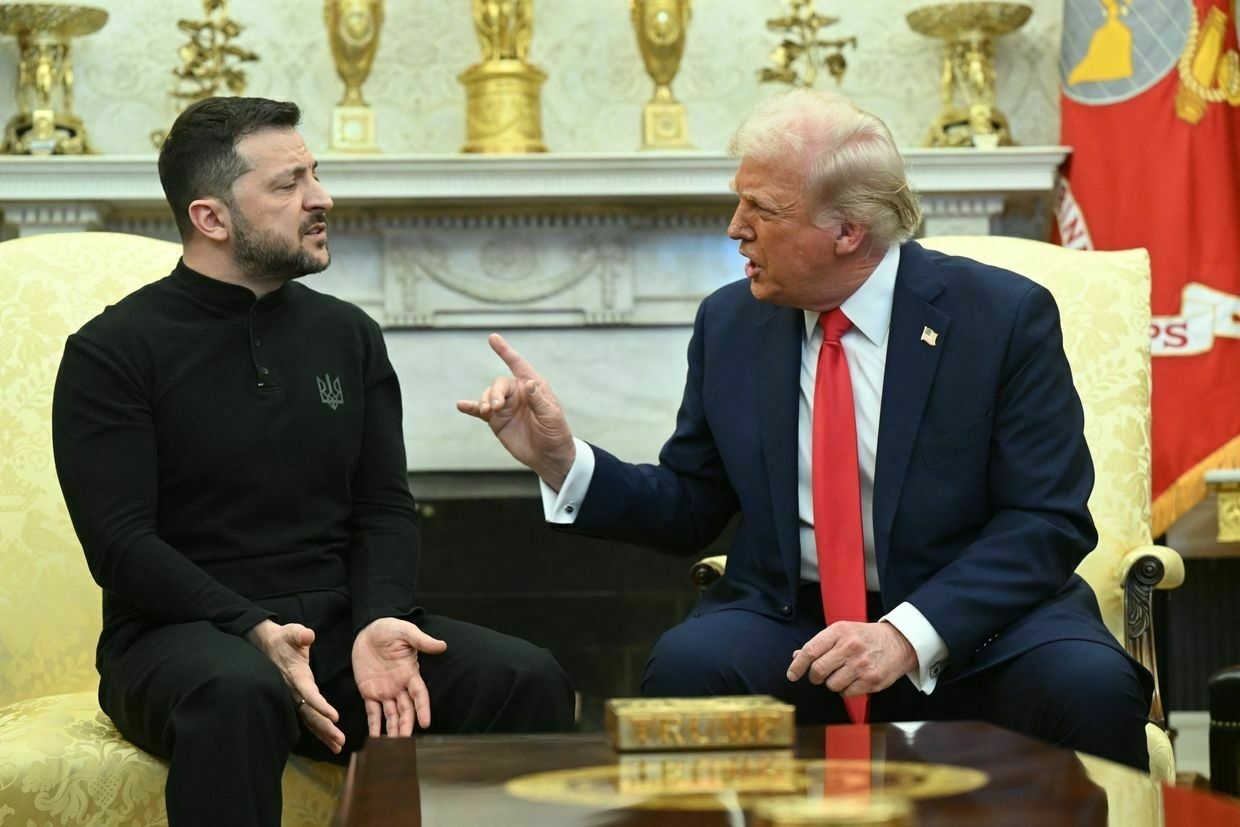
-
Kyiv coffee shop drops 'Trump' name amid growing discontent with US president
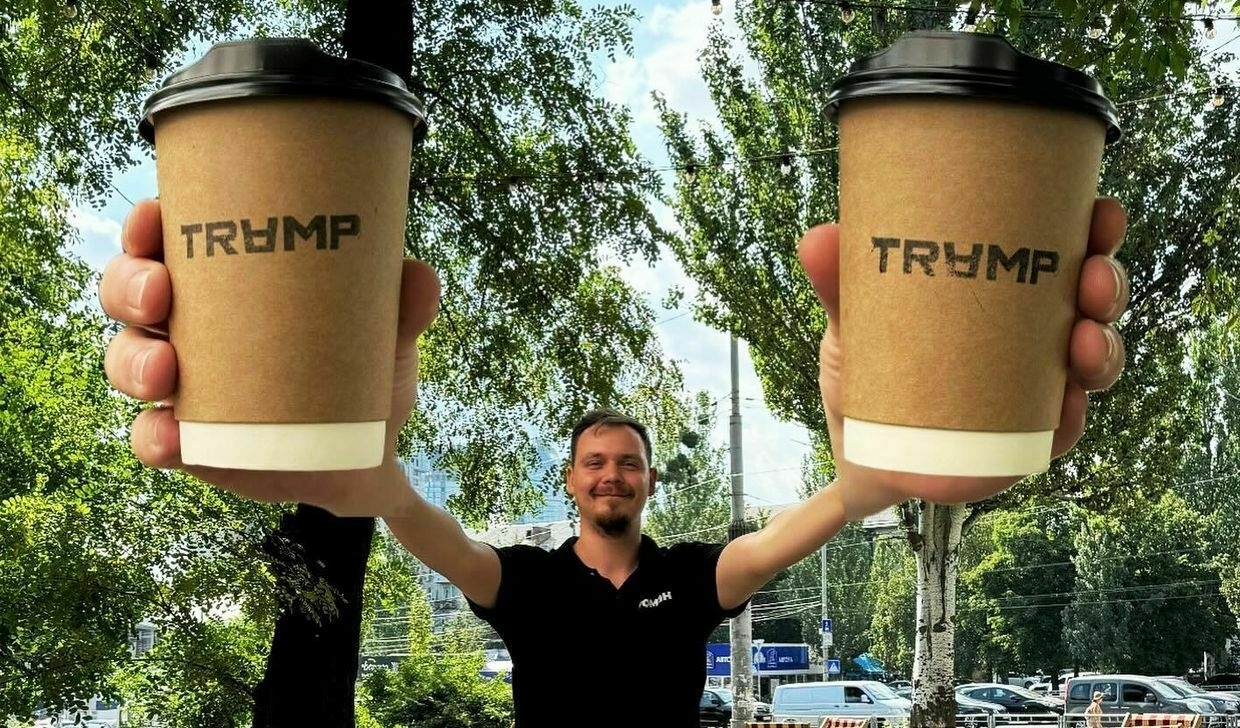
A coffee shop in Kyiv called “Trump” is rebranding to “Nolan” as Ukrainians grow increasingly frustrated with U.S. President Donald Trump’s stance on Ukraine.
Located in the capital’s central Pechersk district, the establishment was opened in 2019 and in January of this year celebrated Trump’s inauguration with a special “Trump sour” cocktail.
It was an apt name in hindsight as since then things have only soured further — the now infamous Oval Office showdown, the subsequent halting of U.S. military aid and intelligence, and the White House’s wooing of Russia have left many Ukrainians disillusioned with Trump’s efforts to end Moscow’s full-scale invasion.
“I pass by this place every morning, and the name always triggers me,” 22-year-old local Daryna Zdzeba told the Kyiv Independent outside the cafe.
Roman Kravtsov, creative director of Nolan, admired Trump as a businessman and had hoped his policies after taking office for the second time would favor Ukraine.
But in light of recent events, it was decided the name had to go. “I don’t want to dwell on the past,” he told the Kyiv Independent.
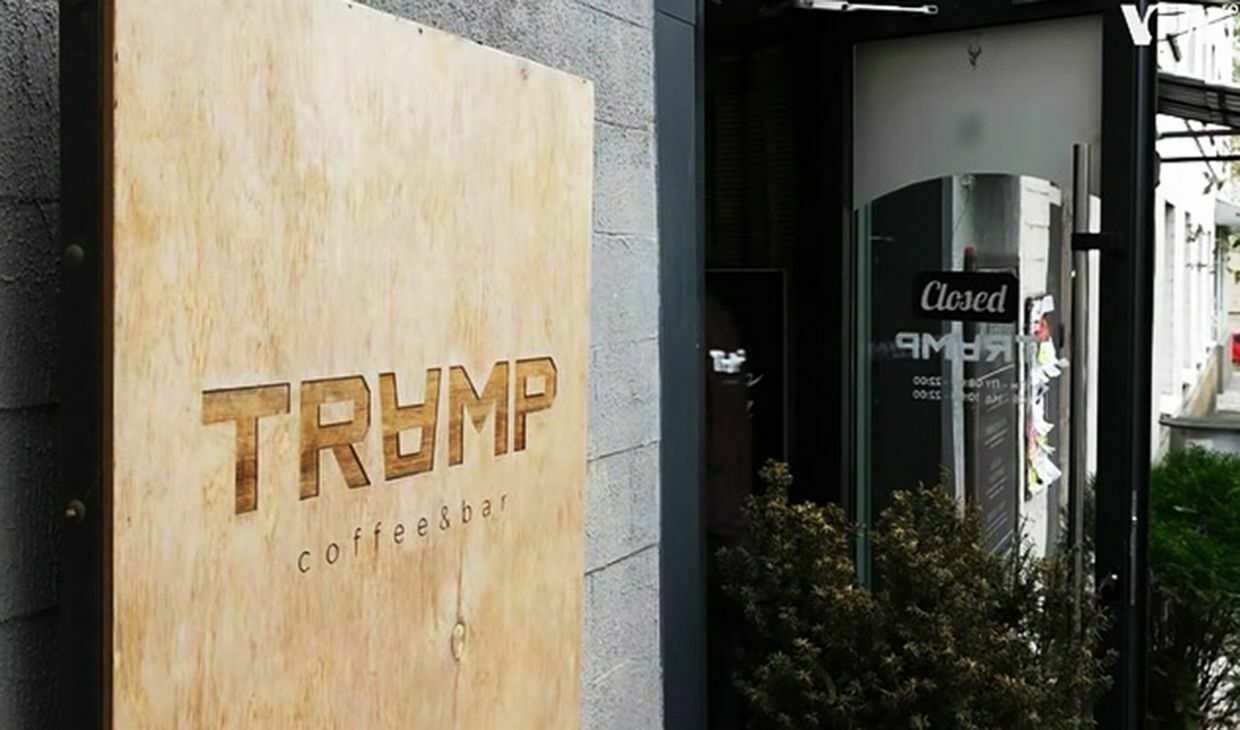
Nolan coffeeshop before rebranding. (Nolan / Facebook) Kravtsov also insists the name was at least partly inspired by holding a “trump card” in a game like poker, but pictures on the cafe’s Facebook page show it has regularly leaned heavily into the Trump angle — coffee cups and packaging have featured a stamp of Trump wearing a vyshyvanka, a traditional Ukrainian embroidered shirt.
Kravtsov is also involved with another establishment — a pizzeria that is also changing its name to “Nolan,” and has removed a pizza from the menu that was called the “Trumpino."
“I hope there’s an impeachment. That’s how I feel about Trump.”
Kravtsov compares this rebranding to a shift after Ukraine's 2013-2014 EuroMaidan Revolution, a pro-Western, pro-democracy uprising also known as the Revolution of Dignity. "Back then, a well-known beer chain changed its name from a Russian word to something more international," he said.
"We're doing the same now. And it's not just about the name — it's about real changes."
In protest of Trump's actions, Ukrainians began jokingly avoiding Americanized names, calling an Americano "Ukrainiano" or "Europiano" instead.
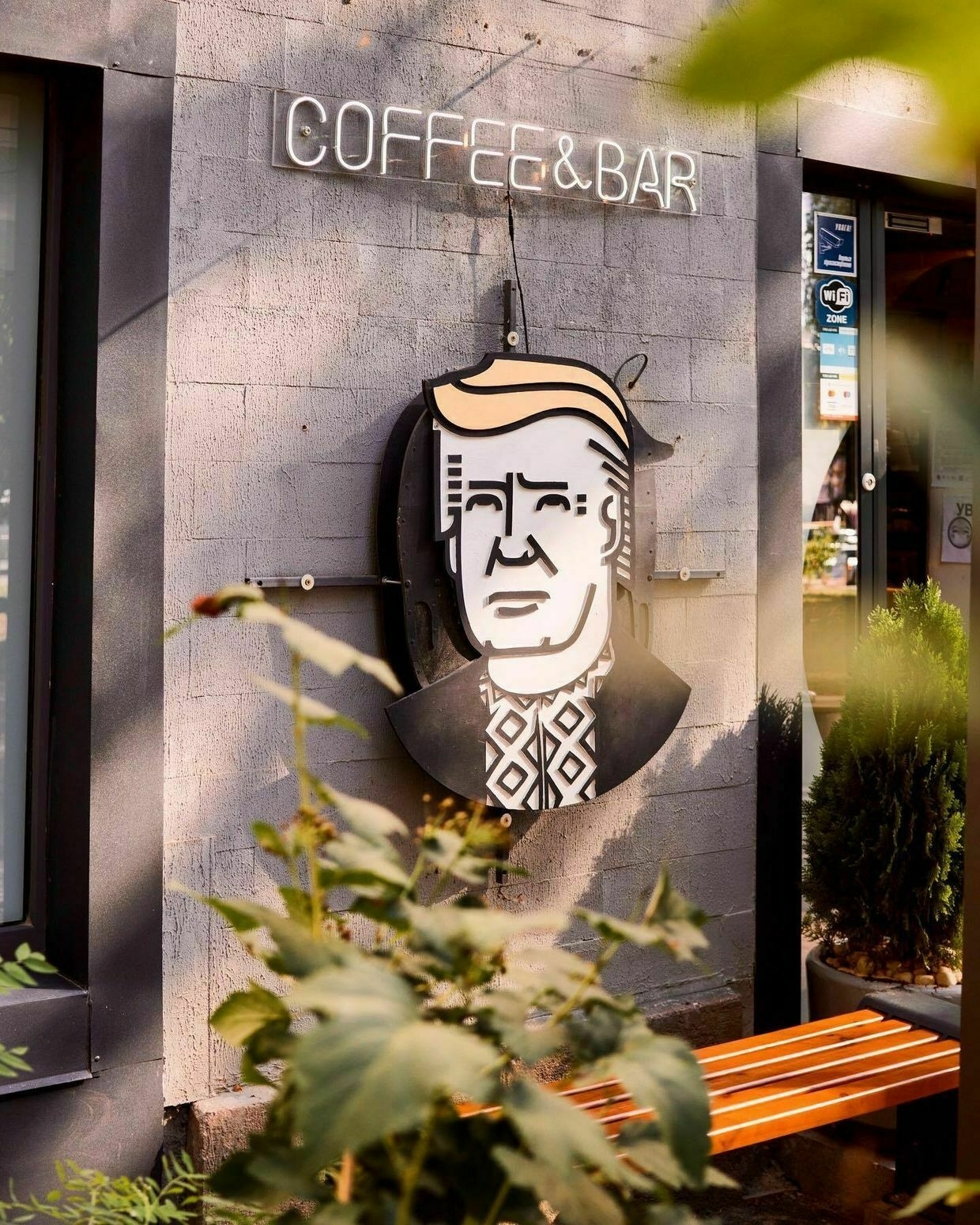

(L-R) Trump coffeeshop before and after change of name. (Nolan / Facebook) A similar phenomenon has occurred in some Canadian cafes which started serving "Canadiano" in Toronto and British Columbia following Trump's comments about making Canada the 51st state of the U.S.
At Nolan however, the Americano will be staying on the menu.
"Renaming the Americano doesn't make sense," Kravtsov says. "It's a historic name that comes from Italy."
For 22-year-old Maria, who asked not to mention her last name, an English teacher who works near the coffee shop, the cafe’s name never mattered much.
"I come here because I like the coffee and cheesecakes," she says.
But sipping their coffees, Maria and Zdzeba say Trump's Ukraine policy is "just dreadful."
They describe his Oval Office meeting with Zelensky as feeling like "a school bullies' gathering."
"I hope there's an impeachment. That's how I feel about Trump," Maria adds.
A lonely Ukrainian stork is waiting for his girlfriend and thousands of people are watching live“The feathers are ruffled, everything is fine,” one viewer wrote.The Kyiv IndependentYuliia Taradiuk
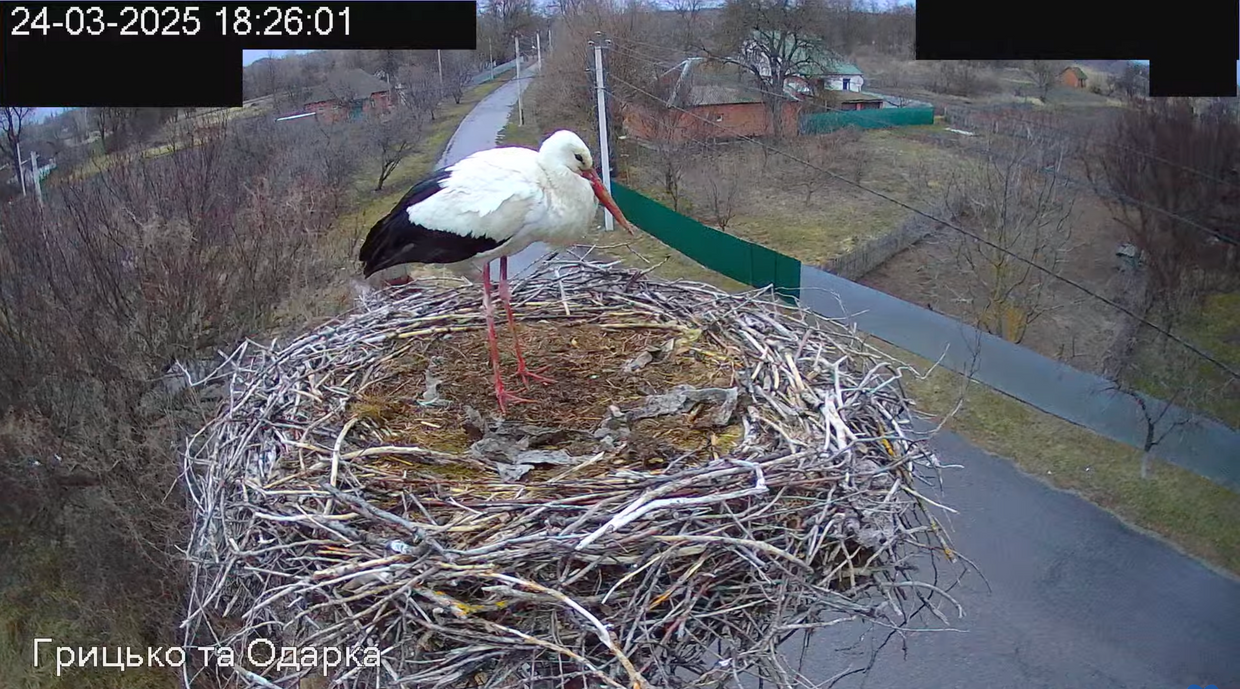
-
Demarcation lines, ownership of Ukraine's power plant discussed in Saudi Arabia, Trump says
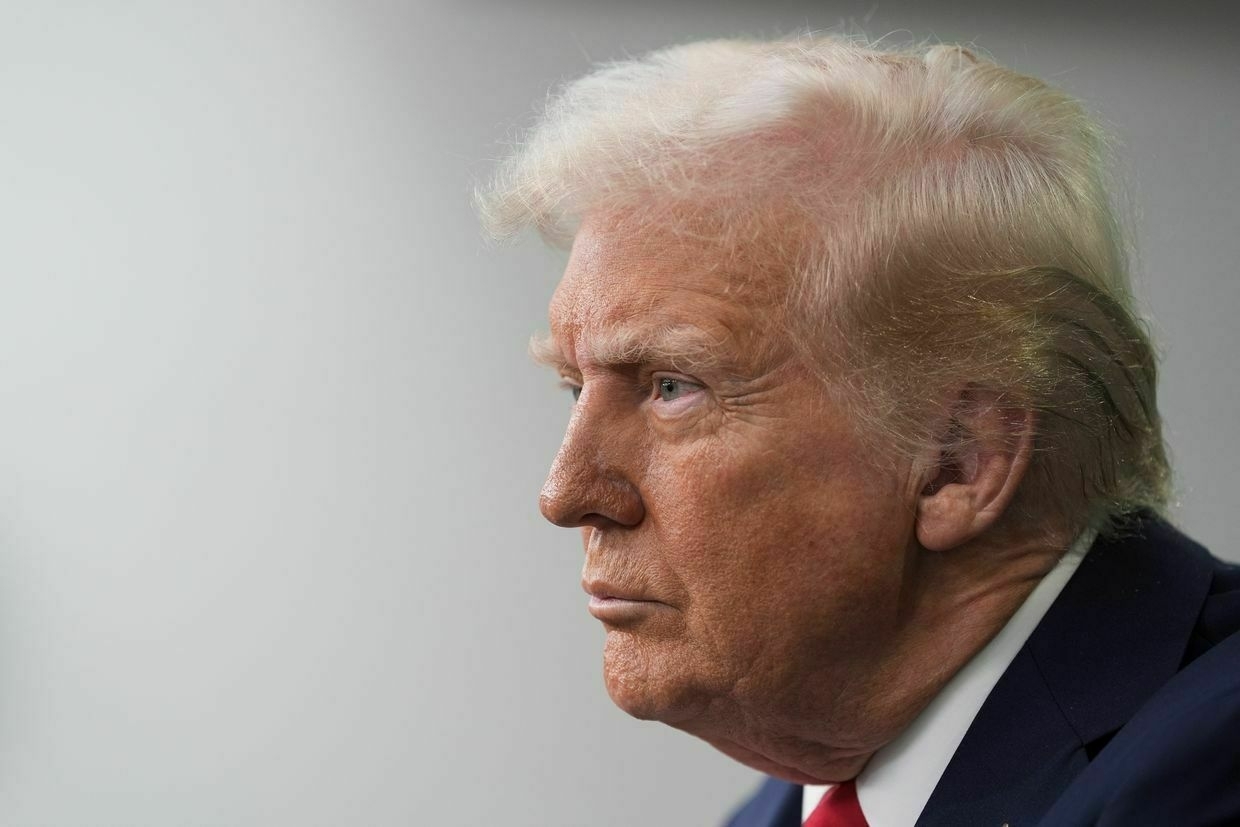
Talks in Riyadh, Saudi Arabia, include discussions on territories, demarcation lines, and ownership of Ukraine’s power plant, U.S. President Donald Trump said on March 24 during a press briefing.
Trump’s statement comes as negotiations between the U.S. and Russian delegations continue. Ukrainian officials are expected to meet their American counterparts after U.S-Russia talks are finished.
“We’re talking about territory right now. We’re talking about lines of demarcation, talking about power, power plant ownership. Some people are saying the United States should own the power plant…because we have the expertise,” Trump said.
Trump did not specify which power plant he was talking about.
President Volodymyr Zelensky previously said he had discussed with Trump the possibility of U.S. assistance in restoring the Zaporizhzhia Nuclear Power Plant, the largest nuclear facility in Europe.
The Zaporizhzhia plant’s location, the city of Enerhodar on the east bank of the Dnipro River, remains under Russian occupation, and Ukraine has no access to the surrounding territory.
During the March 19 phone call, Trump suggested to Zelensky that the U.S. could be “very helpful in running the plants with its electricity and utility expertise” and that “American ownership of those plants would be the best protection,” the White House said, without naming specific facilities.
While the station remains under Russian control, it does not generate electricity. The facility has been repeatedly disconnected from Ukraine’s power grid due to Russian attacks on the country’s energy infrastructure. Moscow has ignored calls to relinquish control of the facility.
Russian-occupied Zaporizhzhia Nuclear Plant in focus of Ukraine peace talks. What’s at stake?The White House on March 19 proposed Ukraine pass its nuclear facilities to the U.S. as part of the ongoing ceasefire talks. “The United States could be very helpful in running those plants with its electricity and utility expertise. American ownership of those plants would be the best protectionThe Kyiv IndependentKateryna Denisova
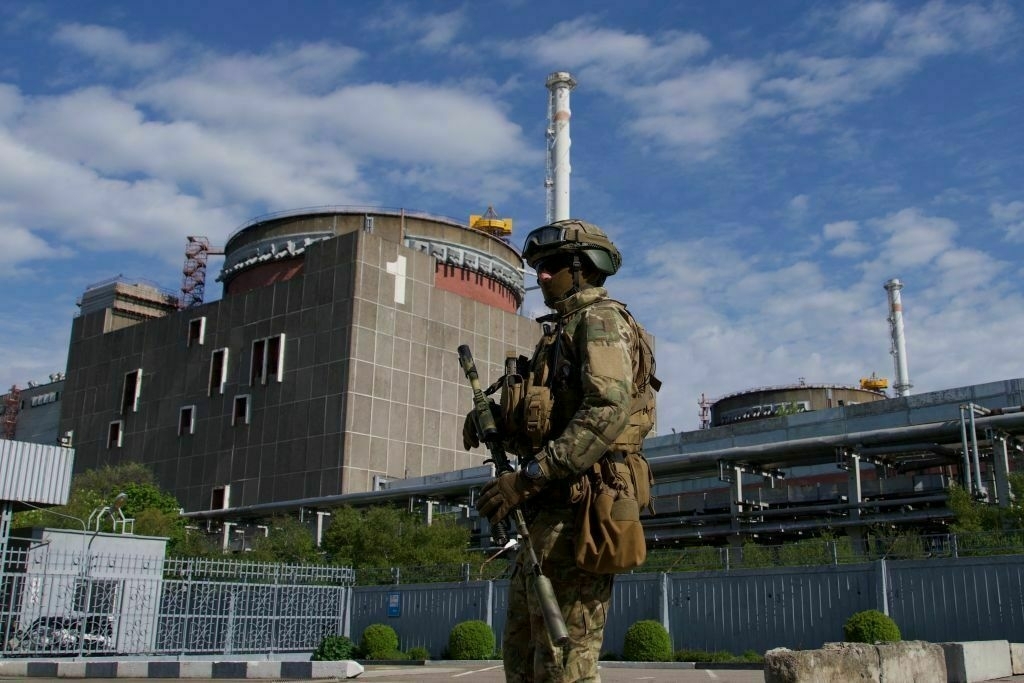
-
What were the Minsk Agreements and why did they fail to bring peace in Ukraine?
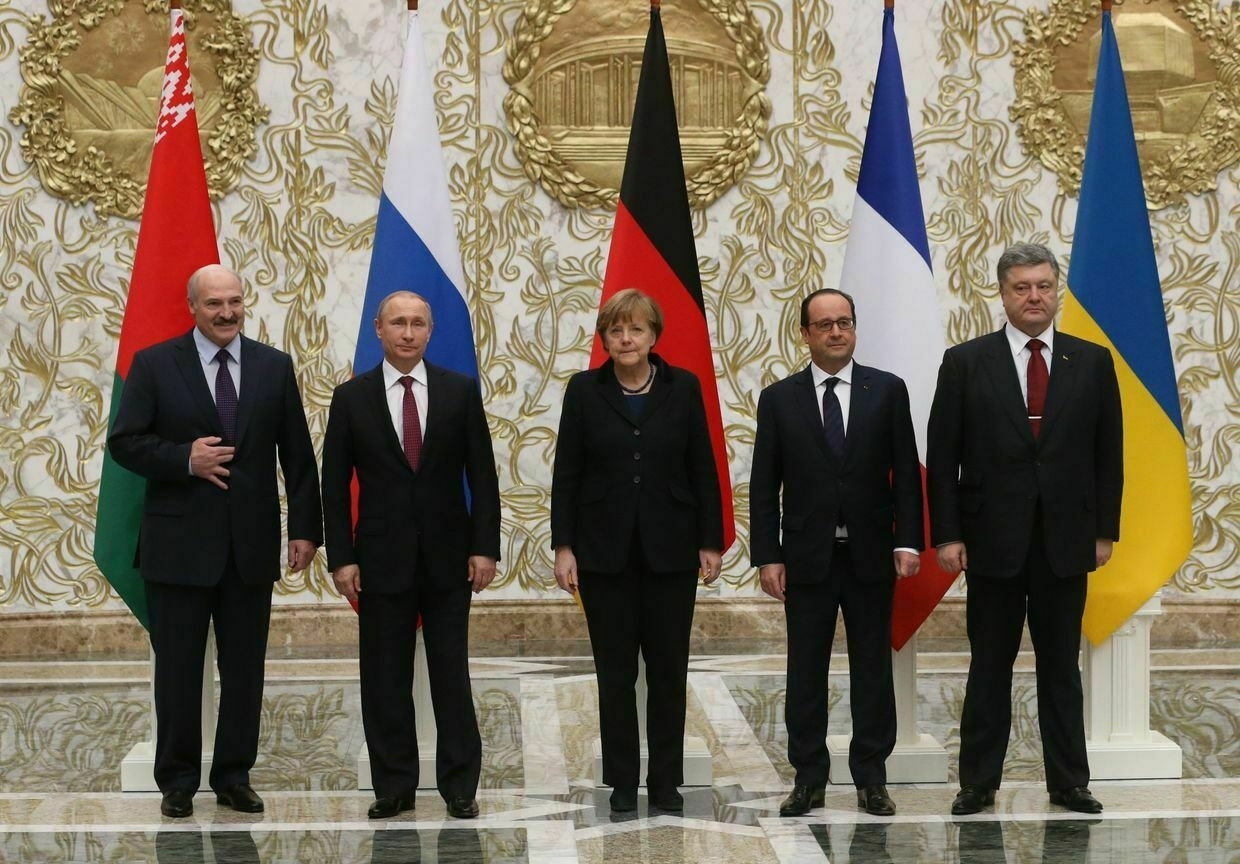
Ten years after Kyiv and Moscow first negotiated a ceasefire to end the fighting in Ukraine’s east, the two sides may once again find themselves around the negotiating table to reach a truce on the battlefield.
This time around, Kyiv insists that any ceasefire alone will not be enough to guarantee Ukraine’s security if Russia’s full-scale invasion is brought to an end through peace negotiations.
After Russia invaded Ukraine’s eastern Luhansk and Donetsk oblasts with the use of proxy forces in the spring of 2014, multiple truces were negotiated between 2014 and 2015 as part of what became known as the Minsk Process, named for the city in the neighboring Belarus where the talks took place.
France, Germany, and OSCE acted as mediators in negotiations between the Ukrainian government and the self-proclaimed independent “republics,” set up and financed by Russia in Luhansk and Donetsk oblasts. Russia, a signatory to the agreements, positioned itself as a neutral broker, while in fact being a party and the instigator of the conflict.
But following both rounds of negotiations, referred to as Minsk-1 and 2, Russian-backed militants in the area violated the various ceasefires dozens of times.
Still, Russia has continuously blamed Ukraine for failing to perform the Minsk agreements. In 2022, Russia pronounced that the agreements “no longer existed” and used it as one of the pretexts to launch the full-scale invasion of Ukraine.
Over the years, observers have argued that Ukraine, under pressure from its international partners and a deteriorating situation on the battlefield, was forced to sign an unfavorable deal in 2014 and an even worse one in 2015.
Needing financial support from the West and time to build up its military, Ukraine felt it had no choice but to sign the agreements. The thinking at the time was, according to then-Foreign Minister Pavlo Klimkin, “If we don’t sign (the agreements), then what are we going to do?”
With fresh memories of this failed peace process, President Volodymyr Zelensky has repeatedly stated Ukraine would not accept a negotiated end to the invasion that does not contain firm security guarantees from partners.
The origins of the 2014 war in DonbasThere is a reason why Ukrainians insist the world refers to Russia’s assault against Ukraine in 2022 as a “full-scale” invasion. Russia’s war against Ukraine did not begin on Feb. 24, 2022, but in 2014, with both the annexation of Crimea and the invasion of Ukraine’s easternThe Kyiv IndependentAnastasiia Lapatina
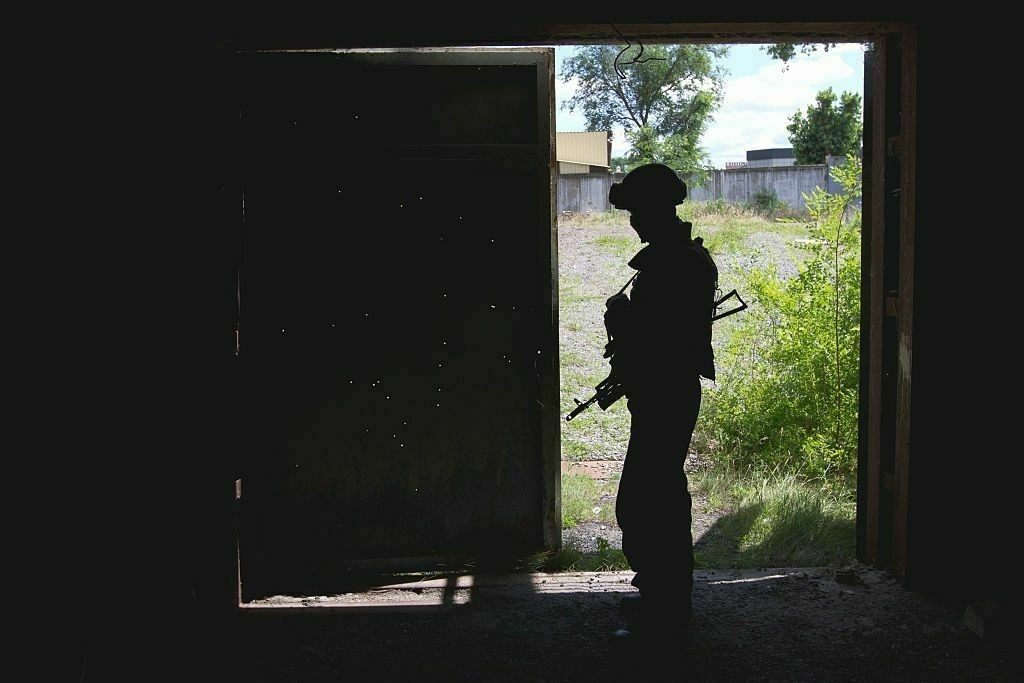
Minsk-1: First attempt to sign a dealThe invasion of Donetsk and Luhansk oblasts by Russian forces began in April 2014, when several dozen armed people led by Igor Girkin, also known by his alias “Igor Strelkov,” a retired Federal Security Service’s (FSB) colonel, seized administrative buildings in the city of Sloviansk.
Ukraine lost control of the Russian-Ukrainian border in Luhansk Oblast, through which Moscow supplied weapons and equipment.
Russia, which annexed Crimea earlier the same year, claimed that the armed conflict in Donbas was an internal political affair of Ukraine caused by the discontent of residents. International and Ukrainian monitoring bodies, including the Organization for Security and Co-operation in Europe (OSCE), found evidence suggesting otherwise.
Russian-backed militants received significant reinforcements in August 2014, when the regular Russian army joined them in the area of Ilovaisk and helped to surround Ukrainian troops. Their encirclement ended in what is now known as the “Ilovaisk Tragedy” when Russian forces fired upon evacuating Ukrainian troops, despite the Russian side agreeing to a “green corridor” to ensure their safe passage. Three hundred sixty Ukrainian soldiers were killed in the onslaught.
Amid heavy territorial and personnel losses, less than two weeks later, on Sept. 5, 2014, Kyiv was forced to sit down at the negotiating table within the Trilateral Contact Group, consisting of Ukraine, Russia, and OSCE officials. Those talks led to the conclusion of the Minsk Protocol, also known as Minsk-1, a 12-point document aimed at establishing a ceasefire in Donbas.
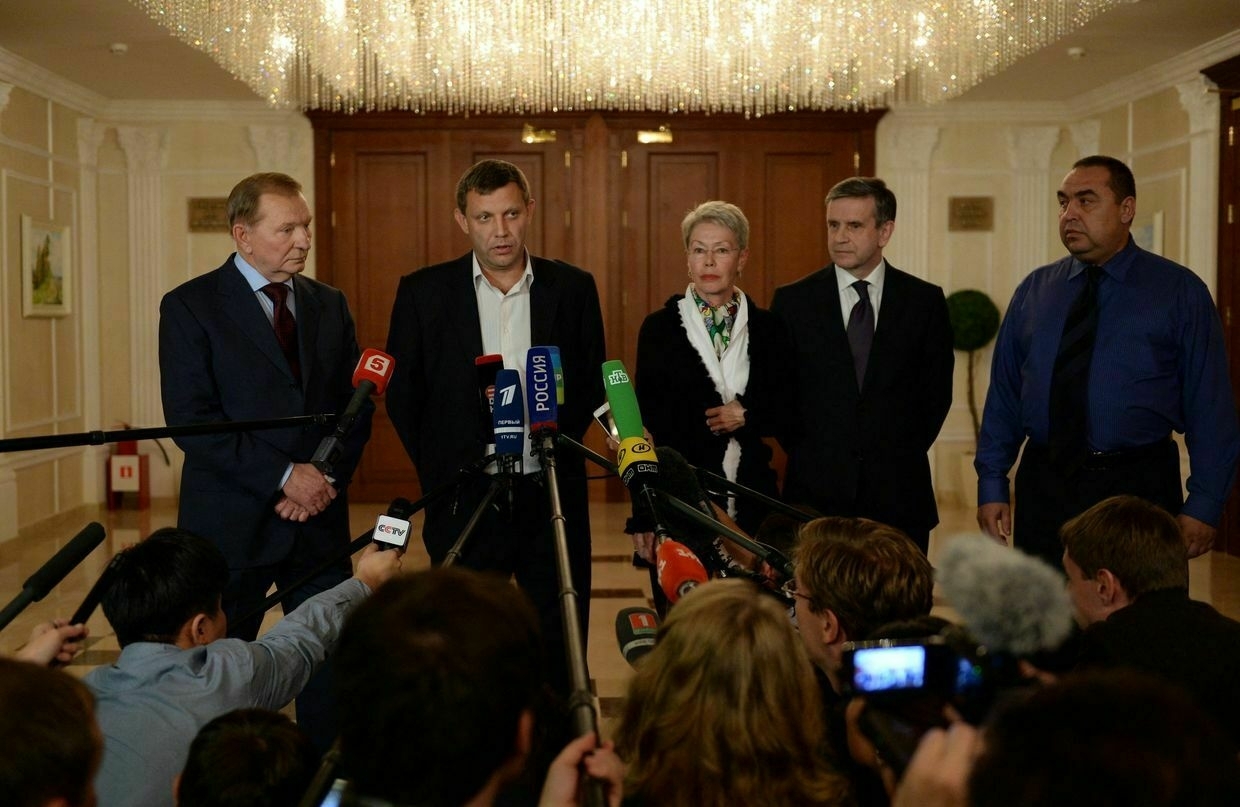
(L-R) Former Ukrainian president Leonid Kuchma, representative of Russian-backed militants in Donetsk Oblast Alexander Zakharchenko, OSCE envoy Heidi Tagliavini, Russian Ambassador to the Ukraine Mikhail Zurabov, representative of Russian-backed militants in Luhansk Oblast Igor Plotnitsky make an official statement on the signing of a ceasefire agreement in Minsk, Belarus on Sept. 5, 2014. (Vasily Maximov / AFP via Getty Images) The protocol included an immediate bilateral cessation of the use of weapons, ensuring OSCE monitoring, the release of all hostages, the withdrawal of armed groups from Ukraine, and the adoption of a law on the special status of the occupied territories of Luhansk and Donetsk oblasts and the holding of early local elections there.
The document was signed by the Special Representative of the OSCE Chairperson-in-Office Heidi Tagliavini, Ukraine’s second President Leonid Kuchma, and then-Ambassador of Russia to Ukraine Mikhail Zurabov. Russian proxies Alexander Zakharchenko and Igor Plotnitsky, who represented the militants in Donetsk and Luhansk oblasts, also signed the protocol.
During an additional round of talks on Sept. 19, the parties also agreed on a nine-point memorandum that specified the truce terms, including a ban on military aircraft flights over the agreed security zone, the withdrawal of heavy weapons, and the withdrawal of foreign mercenaries, among other obligations.
“Maybe 1% of me believed that the Minsk Agreements would work. At the same time, 99% were sure that they would not.”
While the agreement led to reduced fighting, it failed to bring an end to hostilities, forcing the parties back to the negotiating table.
"Maybe 1% of me believed that the Minsk Agreements would work. At the same time, 99% were sure that they would not," then-reconnaissance platoon commander Ruslan with the callsign "Spasatel" ("the savior" in English), who served near Shyrokyne in Donetsk Oblast at that time, told the Kyiv Independent. He is identified only by his first name and callsign for security reasons.
Russia’s history of violating ceasefire agreements in UkraineAs U.S. President Donald Trump continues to push for a swift end to the war in Ukraine, fears are mounting that Kyiv could be forced to accept a peace deal on unfavorable terms, and that will leave it vulnerable to future Russian attacks. The fears aren’t unfounded. After RussiaThe Kyiv IndependentKateryna Hodunova
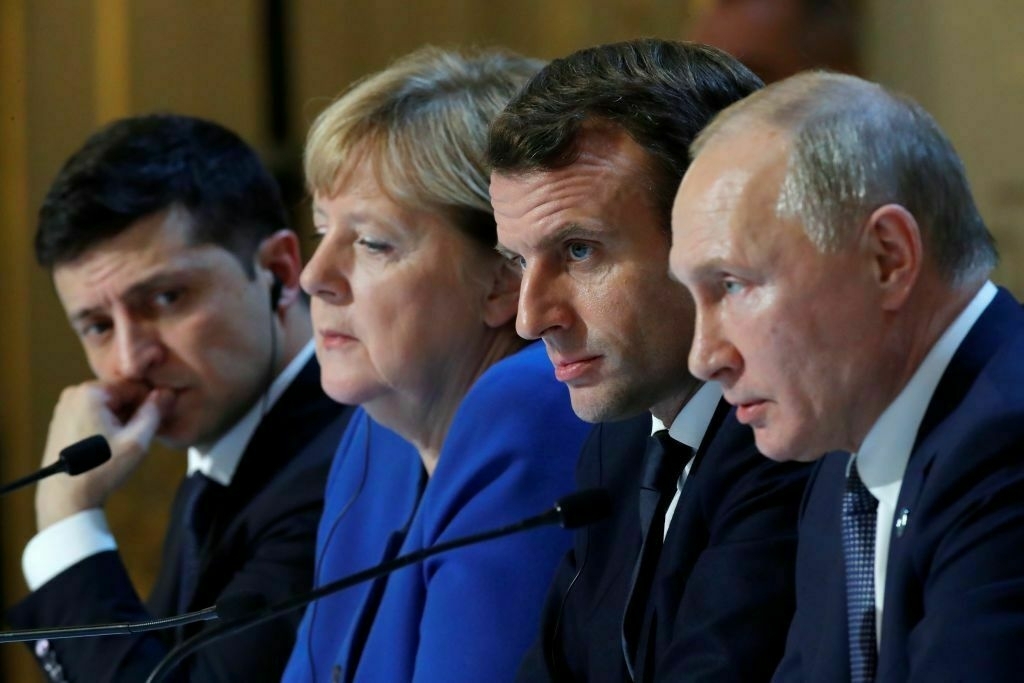
Minsk-2 agreement: Ukraine forced to sign a worse dealIn early 2015, Russian-backed troops from Donetsk Oblast captured the Donetsk Airport after months of extremely heavy fighting. Following its takeover, Russian-backed militants along with regular Russian troops launched an assault on the strategically important city of Debaltseve, sitting between Donetsk and Luhansk
Ukraine, once again finding itself in a weaker position on the battlefield and under pressure from its European partners, agreed to a second round of talks in Minsk. Ukraine and Russia met for the second time on Feb. 11-12, 2015.
This time, the talks included a long meeting of the Normandy Format, represented by then-Ukrainian President Petro Poroshenko, German Chancellor Angela Merkel, French President Francois Hollande, and Russian President Vladimir Putin. For the first time, the countries' leaders met in Minsk — previously, the negotiations in Belarus had been held at a lower level.
"For them, it was a way of making us fundamentally dependent (on Russia)."
The talks lasted nearly 16 hours. Following the negotiations, the leaders agreed on a 13-point Package of Measures for implementing the new agreements. The Trilateral Contact Group signed it, and the Minsk-2 agreement was officially born.
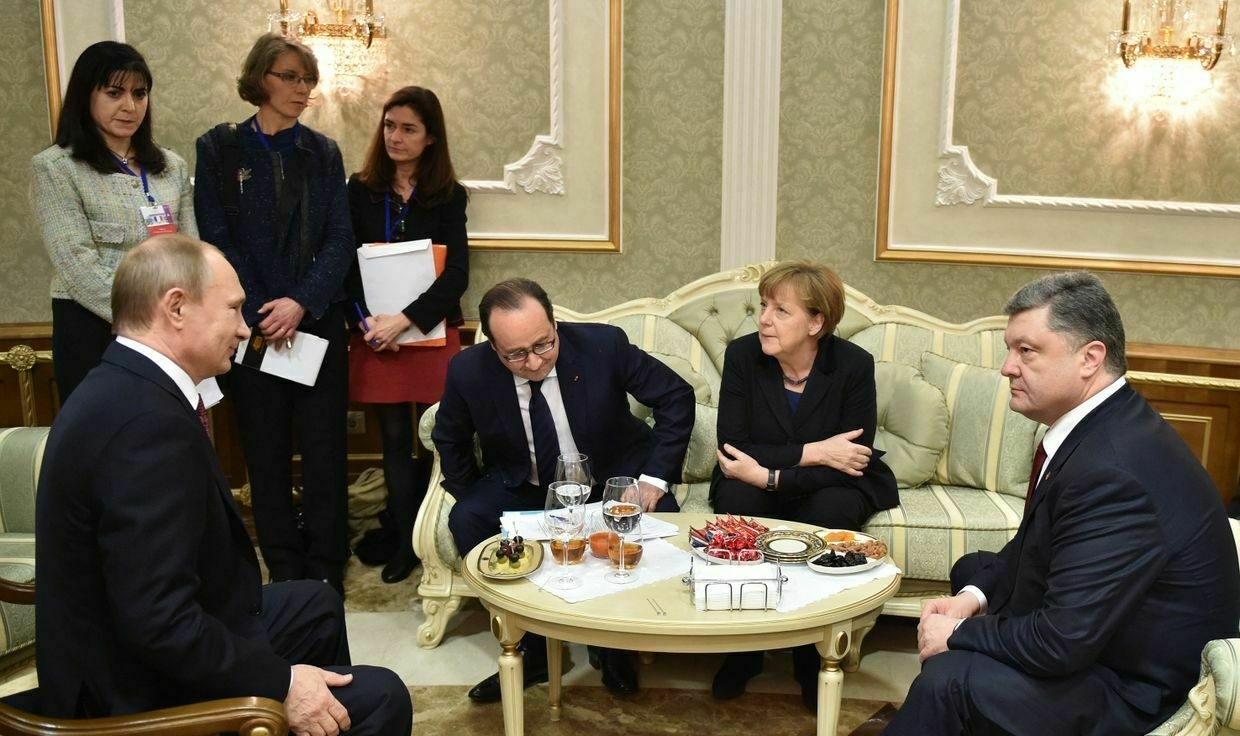
(L-R) Russian President Vladimir Putin, then-French President Francois Hollande, then-German Chancellor Angela Merkel, and then-Ukrainian President Petro Poroshenko attend a meeting in Minsk, Belarus, on Feb. 11, 2015. (Mykola Lazarenko / Pool / AFP via Getty Images) According to Minsk-2, a comprehensive ceasefire had to be declared at the front line starting at midnight on Feb. 15, 2015. Unlike the Minsk-1 agreements that created a buffer zone on the Russia-Ukraine border, under Minsk-2, the OSCE was supposed to monitor the disengagement of weapons at the contact line, but access was limited.
Minsk-2 also included a point on the self-governance of the Russian-occupied parts of Donetsk and Luhansk oblasts. Russia pushed for their recognition as autonomous regions to be enshrined in Ukraine’s constitution.
"For them, it was a way of making us fundamentally dependent (on Russia)," Klimkin, Ukraine’s foreign minister at the time, told the Kyiv Independent.
Minsk agreement immediately breaksWithin minutes of the declaration of a comprehensive ceasefire on Feb. 15, the OSCE recorded shelling of Ukrainian positions.
Three days later, over 2,500 Ukrainian soldiers were forced to withdraw from Debaltseve. According to Ukraine's Defense Ministry, 110 soldiers were killed, 270 wounded, seven were captured, and 18 went missing in Debaltseve from Jan. 15 until Feb. 18.
"The attacks did not stop. They just became less intense," then-reconnaissance platoon commander Ruslan, with the callsign "Spasatel," said.
In the end, Minsk Agreements failed to stop the war, leaving the conflict mostly frozen. The documents signed in Minsk also were never ratified by any parliament, giving them no real legal weight.
Even during the years between the Minsk Agreements and the full-scale invasion, the fighting never fully stopped. Hundreds of Ukrainian soldiers were killed during this period, including some 65 soldiers in 2021.
Recalling the agreements in 2022, Poroshenko said that the most important thing then was to buy time for Ukraine and slow down Russia's advance in the east.
‘Conditions for Ukraine’s surrender’ — Why Putin’s demands for ceasefire make no senseRussian President Vladimir Putin’s conditions for a ceasefire are unrealistic and tantamount to demanding that Ukraine disarm itself and surrender, analysts say. Putin said on March 13 that Russia was ready to agree to the U.S.-backed 30-day-long ceasefire in Ukraine but then followed by listing a…The Kyiv IndependentOleg Sukhov
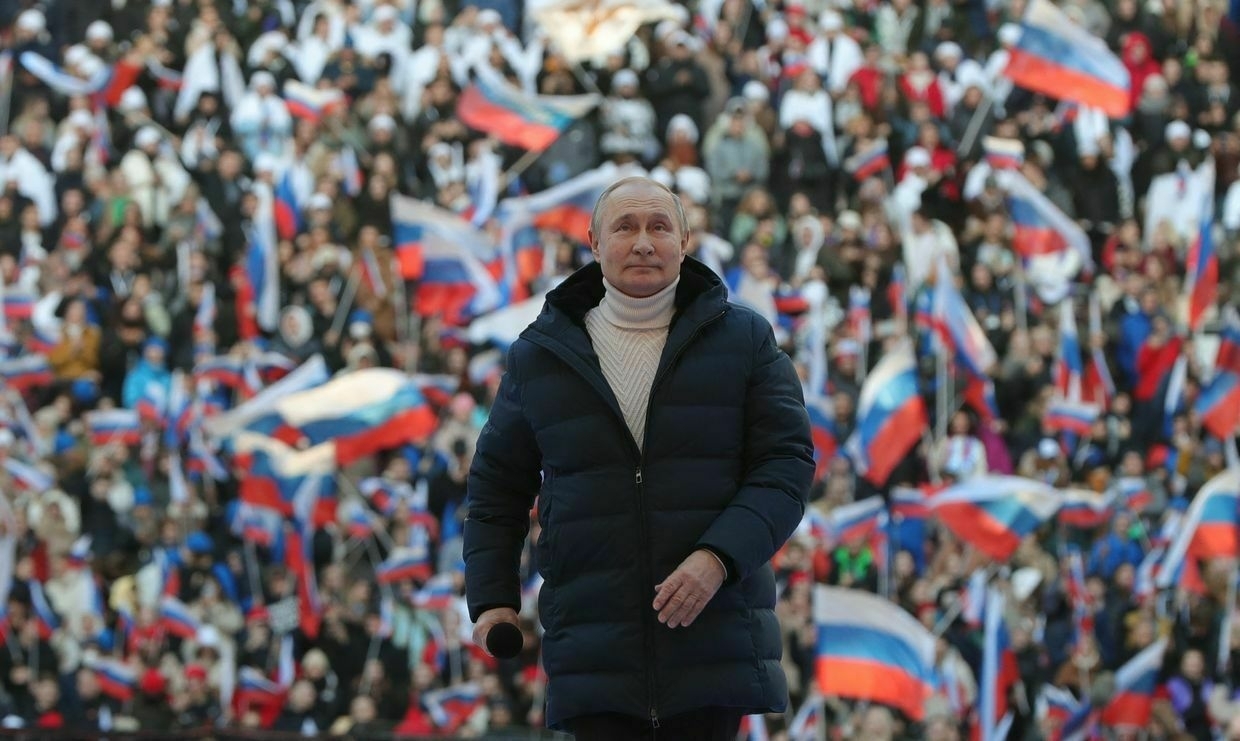
"Our task was, first, to avert the threat or at least delay the war. To get eight years to restore economic growth and build the strength of the Armed Forces," Poroshenko said. "It was achieved."
The OSCE, which was supposed to record ceasefire violations and war crimes, was often refused access to Russian-occupied territory by the Kremlin-backed militants. Ruslan, the Ukrainian soldier with the call sign "Spasatel," recalled this peacekeeping mission as "absolutely useless" because it operated mainly on the territory controlled by Ukraine.
Paris and Berlin, meanwhile, were more preoccupied with avoiding any escalation with the Kremlin and deepening economic ties with Russia.
"Merkel launched the Nord Stream 2 gas pipeline in 2015. Despite discussions with Ukraine and the EU, she kept repeating that it was just 'an economic project’," Klimkin said.
"The logic then was: 'Let's stop (this war where it is) and try to settle down.' And much of the West believed in this logic," Klimkin added.
Later negotiations that took place under the Normandy Format in 2019, which facilitated a “comprehensive” ceasefire signed on July 18, 2019, were equally unsuccessful at curtailing Russia’s aggression.
The last meeting of the format took place on Feb. 10, 2022, just two weeks before the start of Russia’s full-scale invasion on Feb. 24, 2022.
-
Trump expects to sign minerals deal with Ukraine 'soon'
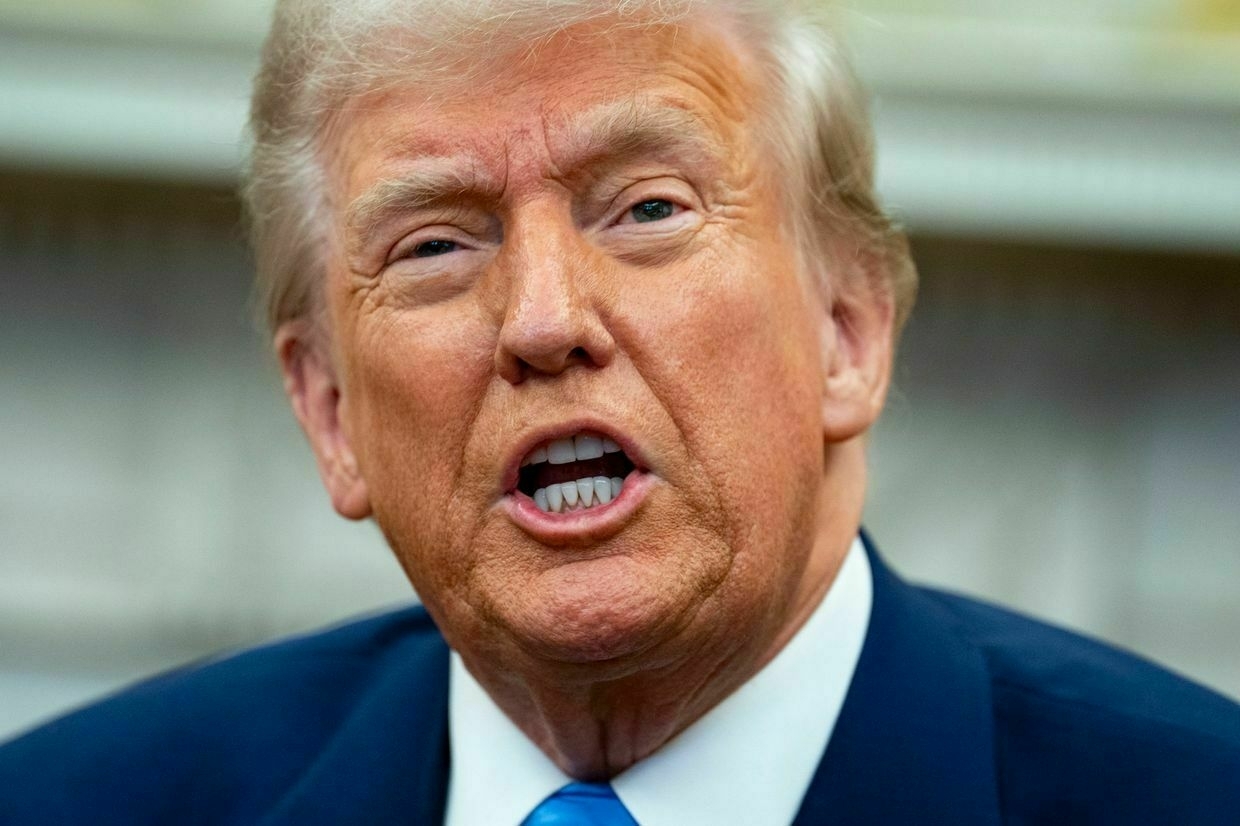
U.S. President Donald Trump said on March 24 he expects to sign the U.S.-Ukraine agreement on critical minerals “soon,” Reuters reported.
The two nations had previously planned to sign a minerals deal on Feb. 28, but the plan was derailed after a heated clash between Trump and President Volodymyr Zelensky.
Trump also mentioned that the United States and Ukraine are negotiating the potential ownership of Ukrainian power plants by American firms, according to the news agency.
Russian-occupied Zaporizhzhia Nuclear Plant in focus of Ukraine peace talks. What’s at stake?The White House on March 19 proposed Ukraine pass its nuclear facilities to the U.S. as part of the ongoing ceasefire talks. “The United States could be very helpful in running those plants with its electricity and utility expertise. American ownership of those plants would be the best protectionThe Kyiv IndependentKateryna Denisova
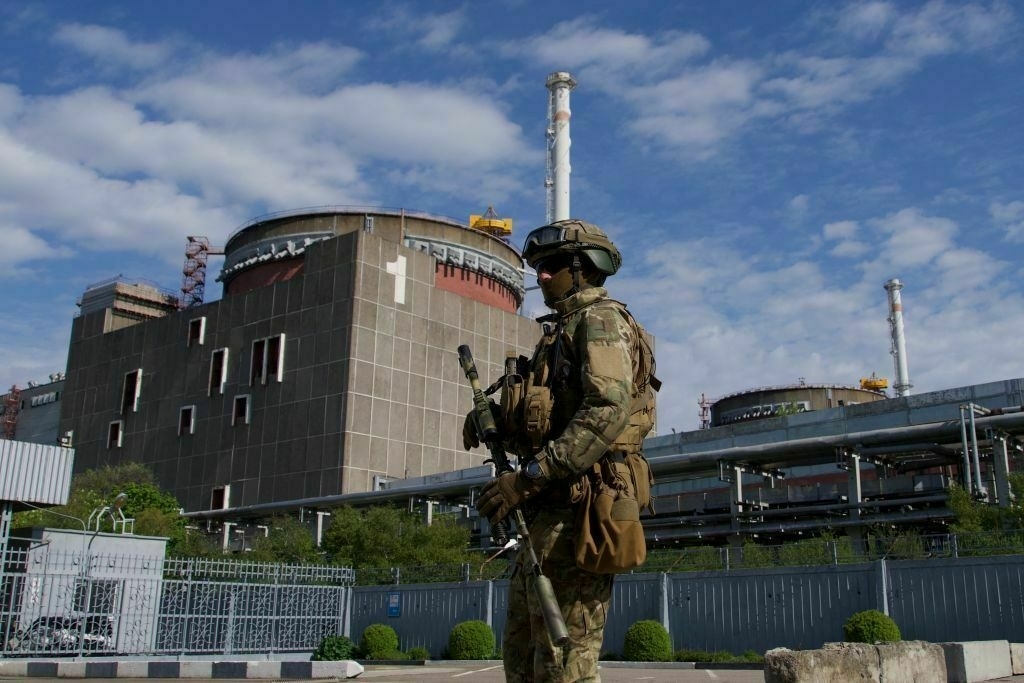
On March 19, White House Press Secretary Karoline Leavitt said that the U.S. had “moved beyond” the minerals deal with Ukraine and was focusing on achieving “a lasting ceasefire."
Leavitt clarified that she was not saying the deal was off the table.
The much-anticipated minerals agreement would establish a fund to which Ukraine would contribute 50% of proceeds from the future profits of the extraction of the state-owned resources, including oil, gas, and logistics infrastructure.
Ukraine rejected previous versions of the deal on the grounds that they lacked concrete security guarantees.
The final deal, which Kyiv approved, did not provide security assurances but did include a line that says the fund “will be reinvested at least annually in Ukraine to promote the safety, security and prosperity of Ukraine."
The White House has characterized the agreement as a way for the U.S. to “recoup” the financial aid it has directed to Kyiv since the start of Russia’s full-scale invasion.
Black Sea Initiative renewal central to US-Russia talks in Riyadh, Kremlin says“The matter of the Black Sea Initiative and everything related to the initiative’s renewal are on the agenda today,” Kremlin spokesperson Dmitry Peskov said. He added that Russian President Vladimir Putin would be immediately briefed on the results of the consultations.The Kyiv IndependentTim Zadorozhnyy
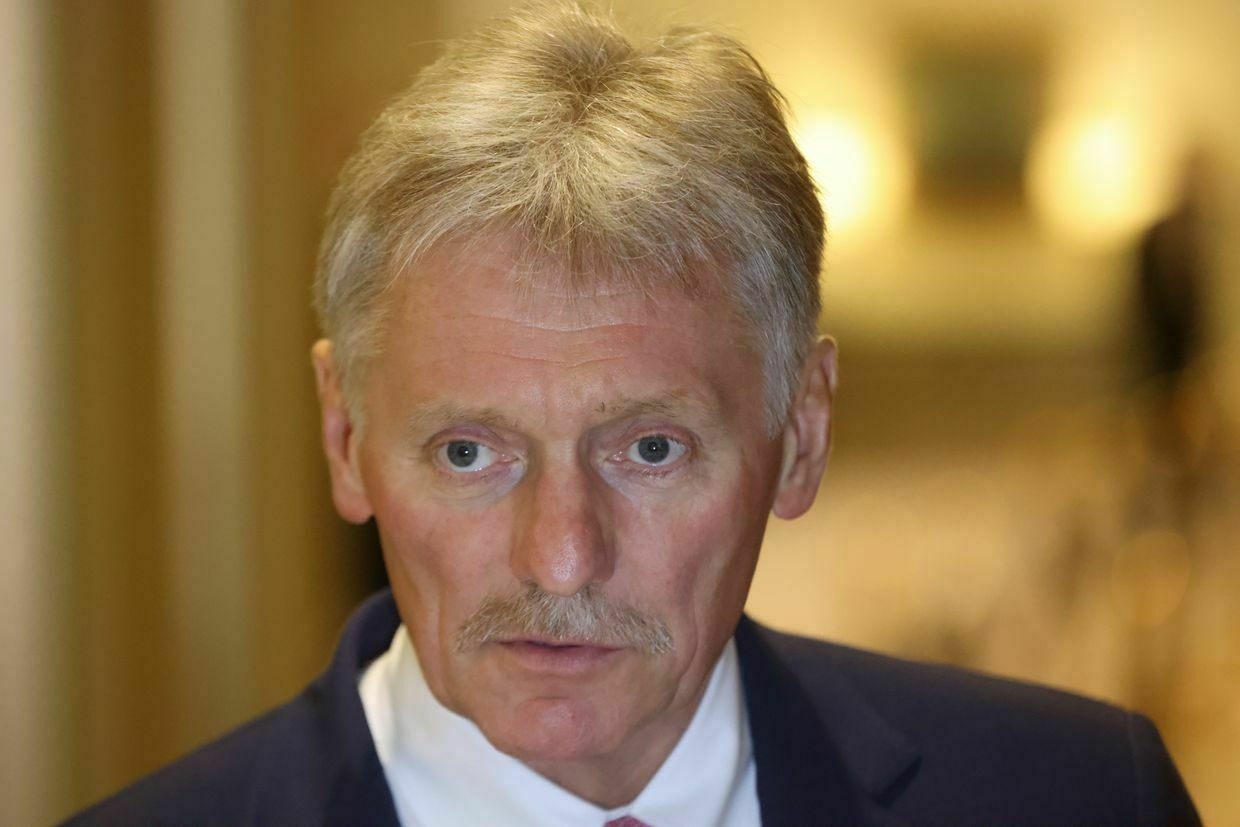
-
'Russia managed to influence some in White House,' Zelensky tells Time magazine
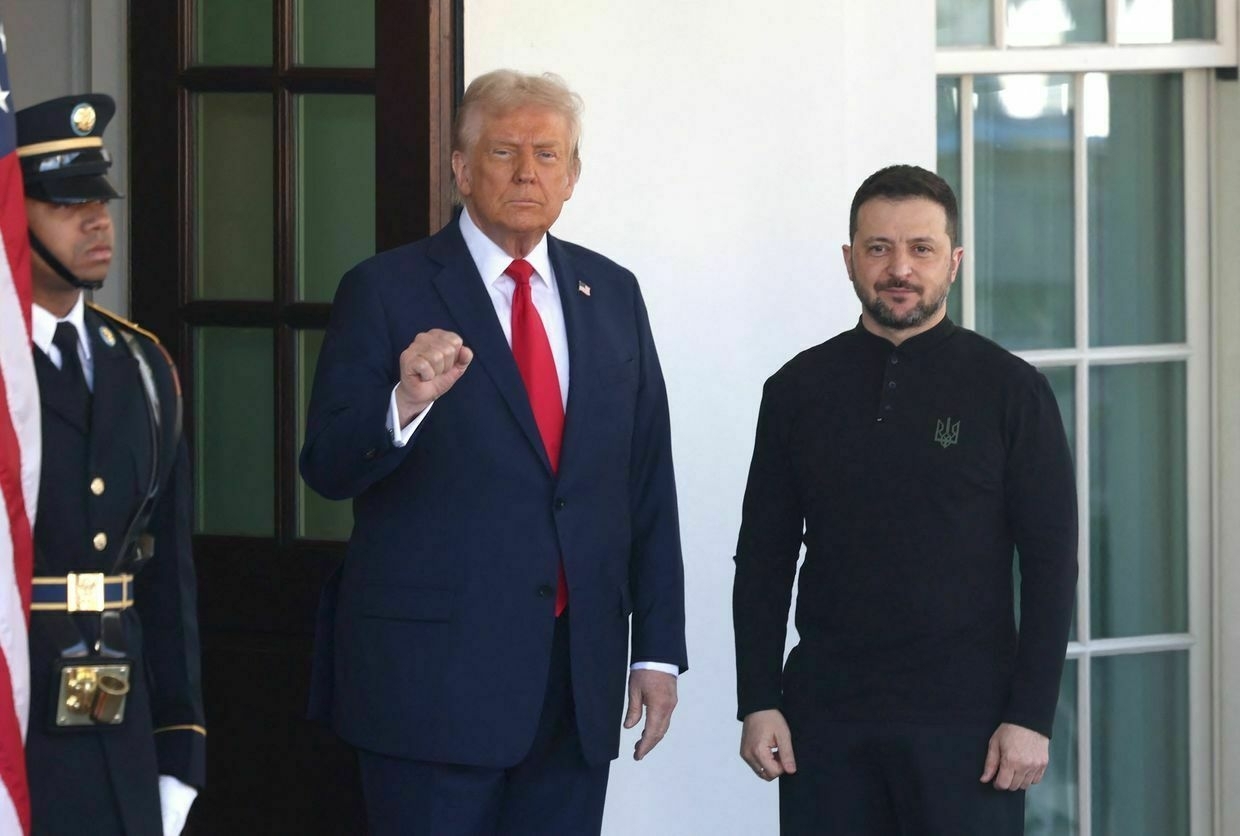
Russian propaganda is successfully influencing the American leadership, President Volodymyr Zelensky said in an interview with Time magazine published on March 24.
According to Zelensky, some in the White House have begun to trust Russian President Vladimir Putin’s word more than their own intelligence.
“I believe Russia has managed to influence some people on the White House team through information,” Zelensky said. “Their signal to the Americans was that the Ukrainians do not want to end the war, and something should be done to force them."
‘They are Russian-speaking, and there have been referendums,’ — Witkoff parrots Russian propaganda, legitimizing Putin’s claims in UkraineU.S. special envoy to the Middle East, Steve Witkoff, who recently emerged as a leading figure in negotiations regarding Russia and Ukraine, revealed insights into ongoing ceasefire talks between Moscow and Washington. In an interview on March 21 with American far-right political commentator Tucker…The Kyiv IndependentNatalia Yermak
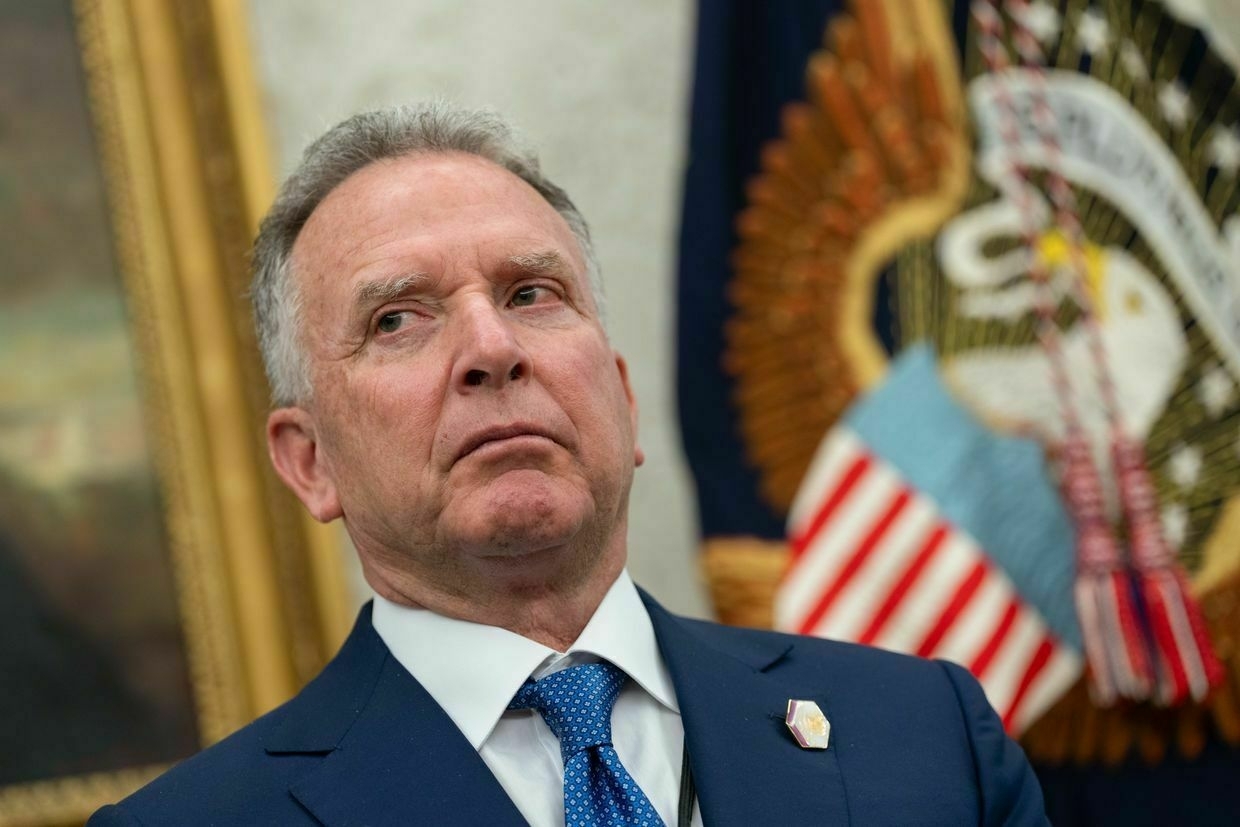
The U.S. has suspended military aid and intelligence to Ukraine after a meeting between Zelensky, U.S. President Donald Trump, and U.S. Vice President JD Vance in the White House ended in a heated argument.
The freeze on military aid has drawn criticism even from members of Trump’s own party. Republican Senator Lindsey Graham said that pulling aid from Ukraine amid Russia’s war would “be worse than Afghanistan."
In an interview on March 21 with American far-right political commentator Tucker Carlson, U.S. special envoy to the Middle East, Steve Witkoff openly parroted Russian propaganda and agreed with most of the Kremlin’s talking points, further casting doubt on whether Ukraine can expect to gain a ceasefire on its terms.
"(Russia) reclaimed these five regions. They have Crimea, and they’ve gotten what they want. So why do they need more?” Witkoff said.
Another instance that the Ukrainian president said was part of the Russian narrative was Trump’s comments about the encirclement of “thousands” of Ukrainian troops in Kursk Oblast.
“That was a lie,” Zelensky said.
Trump made his comments about the alleged encirclement ahead of a planned call with Putin on March 18, in which the two leaders discussed a possible peace deal with Ukraine.
The call was intended to secure Russia’s agreement to the U.S.-proposed 30-day ceasefire, which Ukraine had already accepted on the condition that Moscow also complied.
On March 13, Putin initially signaled readiness to agree to a ceasefire but followed up with a list of demands, including a halt to foreign military aid and intelligence sharing with Ukraine.
During the call with Trump, Putin once again declined to commit to a full ceasefire but did agree to a limited 30-day halt on energy infrastructure strikes, which Russia immediately violated.
‘Putin is a pathological liar’ — Ukraine has little faith in Russia ahead of Riyadh ceasefire talksU.S. negotiators will meet separately with Ukrainian and Russian delegates in Riyadh on March 24, but although contours of a potential partial ceasefire proposal are beginning to form, Kyiv remains skeptical of Moscow’s intentions. The upcoming discussions are meant to flesh out technical details o…The Kyiv IndependentMartin Fornusek
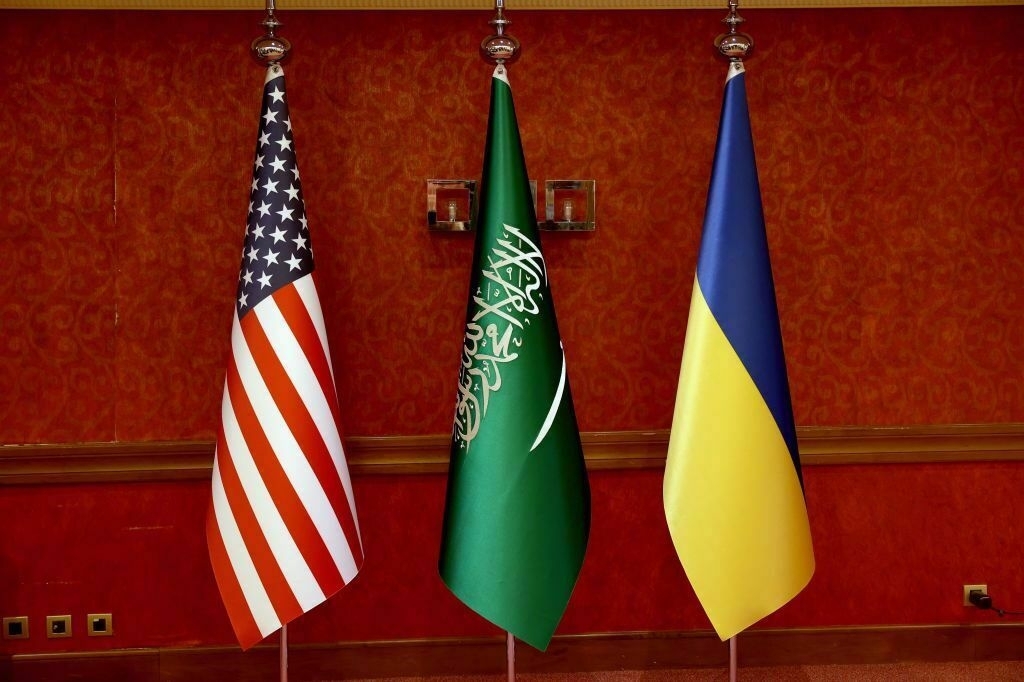
-
'Absolutely unacceptable' — Ukrainian MPs react to Witkoff's statements on occupied territories
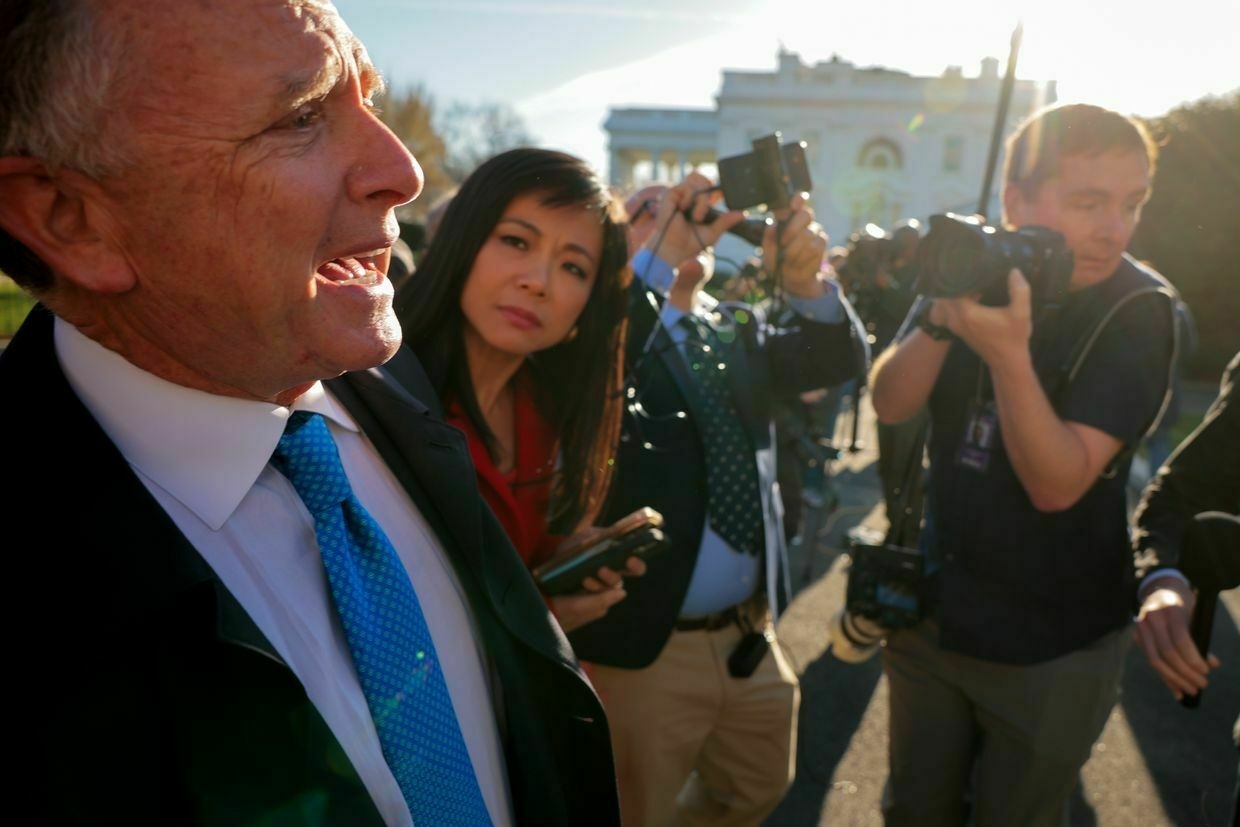
Steve Witkoff’s controversial comments on the Russian-occupied territories of Ukraine have prompted criticism from Ukrainian lawmakers, with one even calling for the envoy’s removal from the negotiations to end Moscow’s full-scale invasion.
Witkoff, U.S. President Donald Trump’s special envoy on the Middle East and a key figure in the Russia-Ukraine peace efforts, told far-right commentator Tucker Carlson on March 21 that Ukrainians living in occupied territories want to live under Russian rule, as they have demonstrated in “referendums."
The real estate investor-turned-negotiator called Donbas, Crimea, and “two others” — presumably referring to Zaporizhzhia and Kherson oblasts — a key issue in the Russia-Ukraine war.
“They are Russian-speaking, and there have been referendums where the overwhelming majority of the people have indicated that they want to be under Russian rule,” Witkoff added, omitting that Russia’s sham referendums were effectively held at gunpoint.
“In his statements, Witkoff calls into question the territorial integrity and sovereignty of Ukraine,” Oleksandr Merezhko, head of the parliament’s foreign affairs committee, told the Kyiv Independent, adding: “Such statements are absolutely unacceptable and go against U.S. policy toward Ukraine."
“That’s why it would be better if President Trump recalled Witkoff from the American delegation. Otherwise, it creates the wrong impression about U.S. foreign policy."
President Volodymyr Zelensky acknowledged that talks on territory would be “difficult” but rejected the possibility of recognizing the occupied territories — currently comprising about 20% of Ukraine’s sovereign land — as Russian.
Moscow illegally declared the annexation of Crimea in 2014, as well as the partially occupied Donetsk, Luhansk, Zaporizhzhia, and Kherson oblasts eight years later, referring to them as “new regions."
The Trump administration has already signaled it expects Kyiv to make territorial concessions as part of a possible peace deal, calling a return to Ukraine’s pre-2014 borders “unrealistic."
“I think many things that the United States already said in recent weeks are quite controversial,” Yelyzaveta Yasko, a lawmaker from Zelensky’s party, told the Kyiv Independent, adding: “But I want to give this time for the international community to try different ways (to end the war).”
Yasko called Witkoff’s comments on Ukraine’s occupied territories “concerning” but said it was too early to call for his removal.
“And for us, it is very important that the war ends with just peace, with justice,” the lawmaker added.
Yaroslav Yurchyshyn, a lawmaker from the Holos party and chairman of the parliamentary committee on freedom of speech, said that the comments should be seen as Witkoff’s stance rather than the official U.S. position.
“The fact that he (Witkoff) was appointed by the U.S. administration to negotiate with Russia indicates that such an opinion may be widespread among the country’s leadership. But the official position is reflected only in official documents,” Yurchyshyn told the Kyiv Independent.
On March 24, U.S. Vice President JD Vance hit back at the growing criticism of Witkoff, insisting he is doing an “incredible job."
Steve Witkoff is a great guy doing an incredible job. The people sniping at him are mad that he is succeeding where they failed for 40 years.
— JD Vance (@JDVance) March 24, 2025
Turns out a lot of diplomacy boils down to a simple skill: don’t be an idiot.Trump's efforts to get Moscow and Kyiv to the negotiating table seemed to have gained some momentum after his calls with Russian President Vladimir Putin and Zelensky last week.
After his talk with the U.S. president, Putin claimed he had ordered a 30-day pause on strikes against energy facilities while rejecting a broader truce agreed upon by Kyiv and Washington on March 11.
Ukraine supported the partial truce on energy strikes but accused Russia of continued attacks against civilian infrastructure.
The U.S. is leading separate talks with Ukrainian and Russian delegates in Riyadh to flesh out technical aspects of the partial ceasefire, with the possibility of expanding it to naval operations.
Black Sea Initiative renewal central to US-Russia talks in Riyadh, Kremlin says“The matter of the Black Sea Initiative and everything related to the initiative’s renewal are on the agenda today,” Kremlin spokesperson Dmitry Peskov said. He added that Russian President Vladimir Putin would be immediately briefed on the results of the consultations.The Kyiv IndependentTim Zadorozhnyy
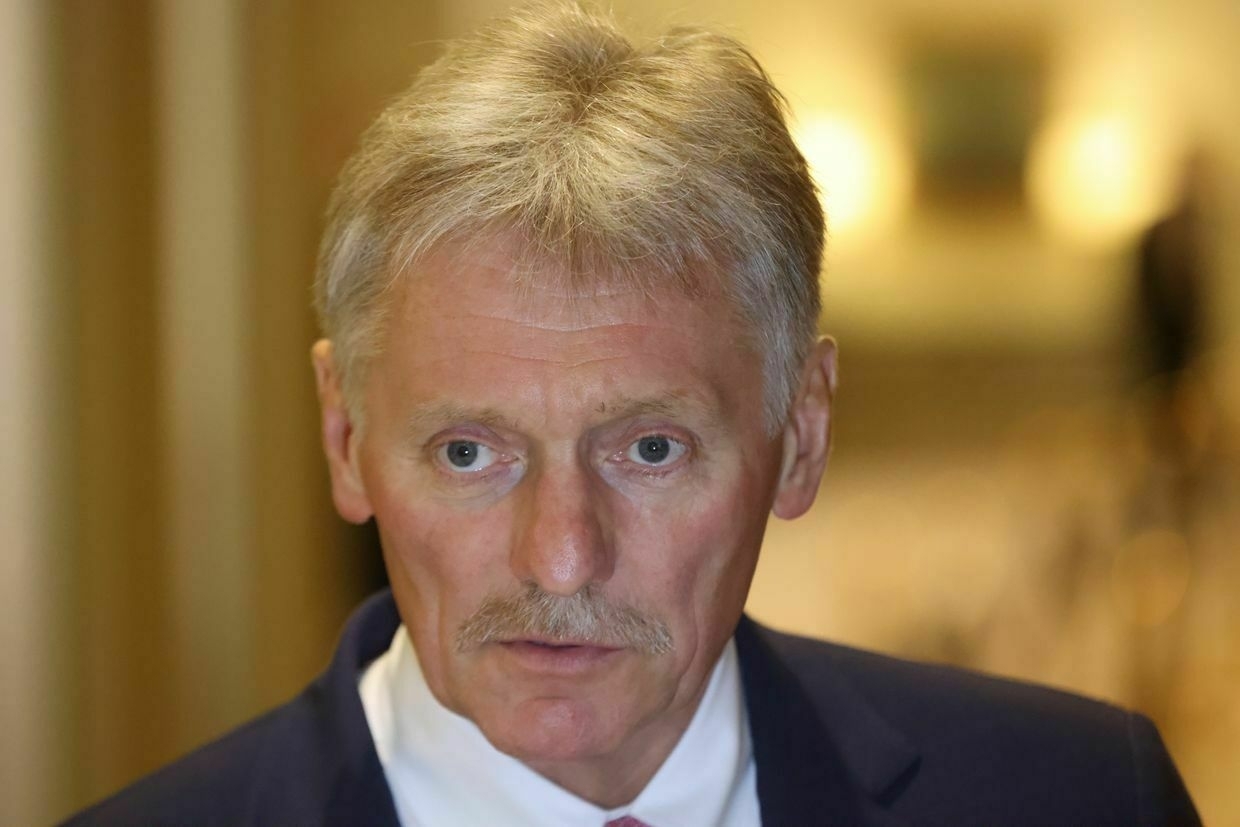
-
Black Sea Initiative renewal central to US-Russia talks in Riyadh, Kremlin says
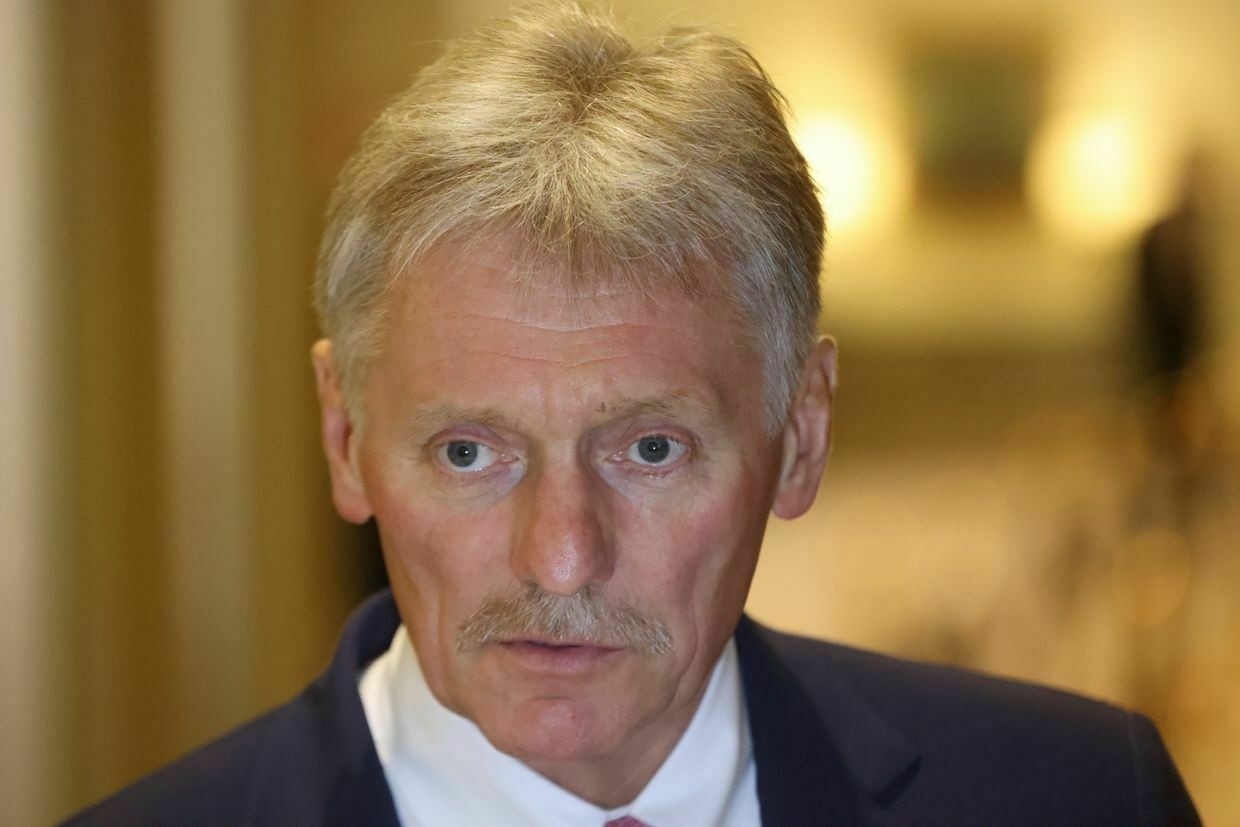
The Black Sea Initiative is a key topic in ongoing U.S.-Russia talks in Riyadh, Kremlin spokesperson Dmitry Peskov confirmed on March 24, state-owned media outlet TASS reported.
“The matter of the Black Sea Initiative and everything related to the initiative’s renewal are on the agenda today,” Peskov said. He added that Russian President Vladimir Putin would be immediately briefed on the results of the consultations.
The talks, which began on March 24, are part of U.S. President Donald Trump’s ongoing push for a ceasefire and broader peace agreement in Ukraine. U.S. and Ukrainian officials are expected to hold a follow-up meeting after the U.S.-Russia discussions.
A similar arrangement to the one discussed previously existed under the Black Sea Grain Initiative, a 2022 deal brokered by the U.N. and Turkey that allowed Ukraine to export agricultural products via the Black Sea despite the ongoing war.
The agreement helped stabilize global food prices but collapsed in July 2023 when Moscow withdrew. Since then, Russian forces have repeatedly targeted Ukrainian port infrastructure. A Russian ballistic missile struck Odesa’s port on March 1, damaging facilities and a Panamanian-flagged civilian ship.
Several other foreign vessels have been hit, including in October 2024, when multiple ships sustained damage in separate Russian strikes.
Russian Foreign Ministry spokesperson Maria Zakharova downplayed the meeting’s expectations, saying the negotiations “should not be expected to produce a breakthrough” and that work is ongoing in “several directions,” the pro-state media outlet Kommersant quoted her as saying.
According to Reuters, the U.S. delegation in Riyadh is led by Andrew Peek, a senior director at the National Security Council, and Michael Anton, a senior State Department official.
Russian representatives include Grigory Karasin, the Federation Council Committee on International Affairs chairman, and Sergei Beseda, an advisor to FSB director Alexander Bortnikov.
Karasin later described the talks as proceeding in a “creative way,” saying the U.S. and Russian delegations “understand each other’s views,” the Russian pro-government news agency Interfax quoted him as saying.
The negotiations come amid growing concerns that Moscow is deliberately stalling peace efforts to strengthen its position. The Kremlin claimed last week that it had ordered a 30-day halt to strikes on Ukraine’s energy infrastructure following a phone call between Trump and Putin.
Kyiv supported a mutual halt on energy strikes but later accused Russia of continuing attacks against Ukraine’s civilian targets.
On March 21, Russia also accused Ukraine of shelling the Sudzha gas metering station in Kursk Oblast, a key transit facility for Russian gas exports to Europe. Ukraine’s General Staff denied the claim, accusing Moscow of staging a provocation.
The U.S. and Ukraine initially supported a broader 30-day ceasefire that would include halting ground operations, but Russia rejected the proposal unless it included conditions undermining Ukraine’s defense capabilities, such as a suspension of foreign military support.
The Moscow Times reported on March 24 that Russia is deliberately prolonging peace talks on Ukraine to seize more territory and strengthen its negotiating position with the U.S.
Trump reportedly growing angry over ongoing Russia-Ukraine aerial strikesSources close to U.S. President Donald Trump told the Telegraph that he remains committed to brokering a ceasefire but is growing impatient.The Kyiv IndependentTim Zadorozhnyy
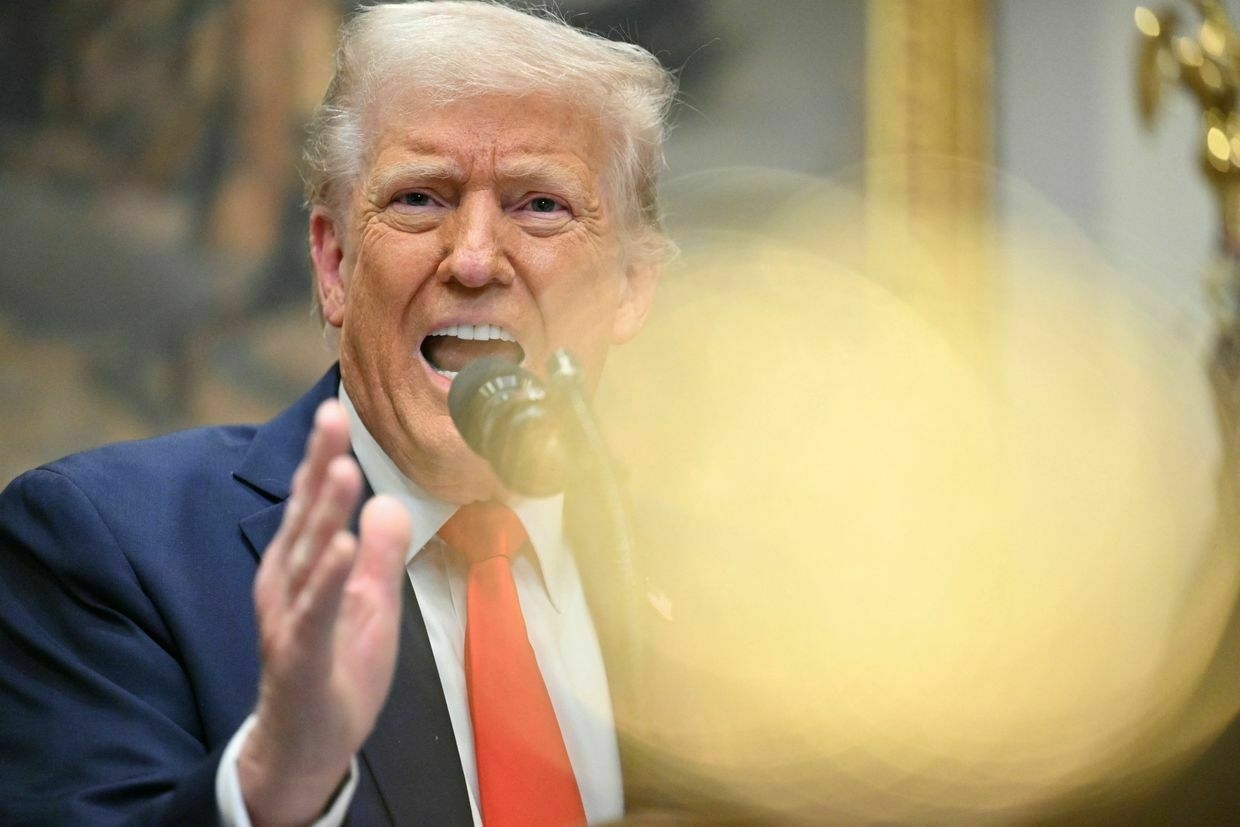
-
Russia stalling Ukraine peace talks to seize more land, strengthen position, media reports
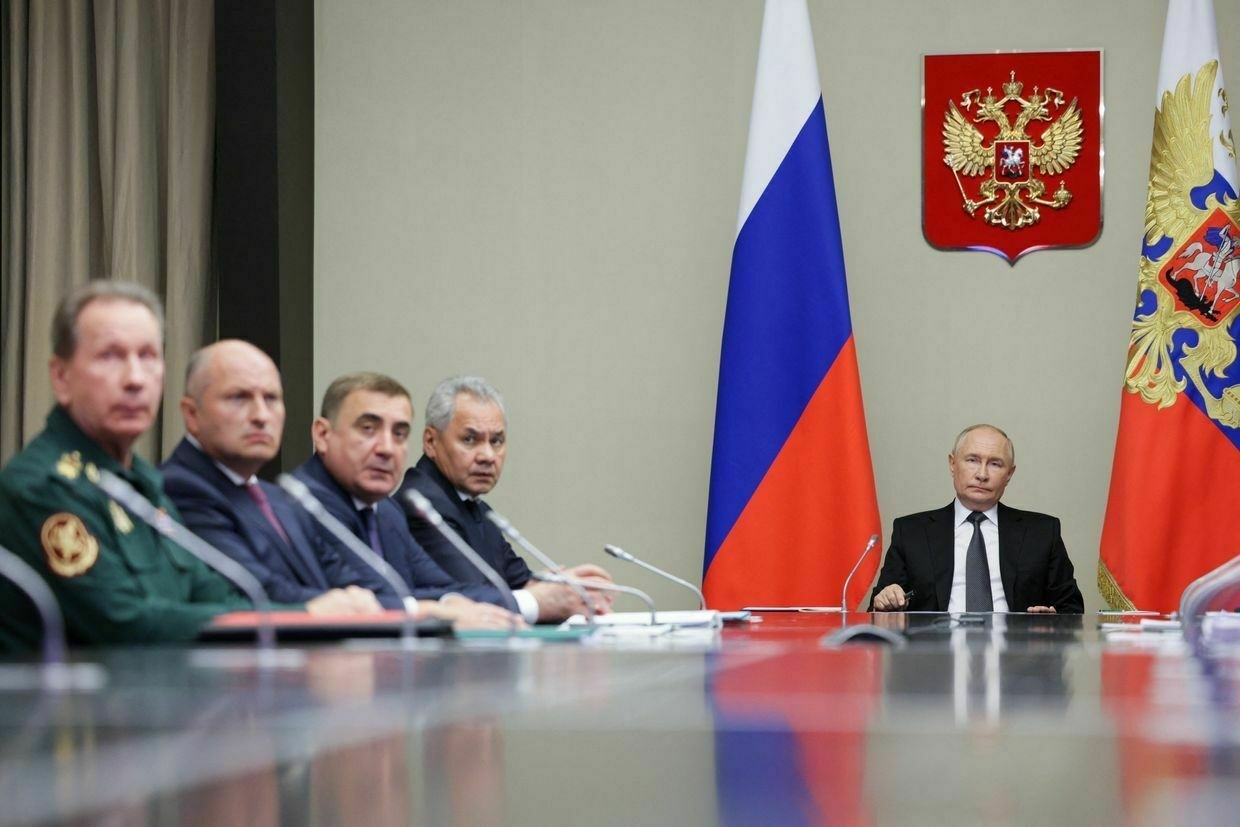
Russia is deliberately prolonging peace talks on Ukraine to seize more territory and strengthen its negotiating position with the U.S., the Moscow Times reported on March 24, citing undisclosed sources.
A Russian diplomatic source told the Moscow Times that time is now playing in Russia’s favor, and the Kremlin wants to “make the most of it."
The article follows U.S. President Donald Trump’s recent calls with Russian President Vladimir Putin and President Volodymyr Zelensky. After his talk with Trump, Putin claimed he had ordered a 30-day pause on strikes against Ukraine’s energy infrastructure. Kyiv supported a mutual halt on strikes but accused Russia of continuing attacks against civilian targets.
Washington and Kyiv previously backed a broader 30-day ceasefire that would also halt ground operations, but Moscow rejected the proposal unless it included a suspension of foreign military support for Ukraine and other conditions that would weaken Kyiv’s defenses.
A Russian official told the Moscow Times that the Kremlin hopes Washington will either tolerate further Russian offensives or pressure Ukraine into withdrawing from partially occupied regions, including Kherson and Zaporizhzhia oblasts.
Russia illegally declared the annexation of the Donetsk, Luhansk, Zaporizhzhia, and Kherson oblasts in 2022 despite occupying them only partially. Moscow also occupied Crimea in 2014. A Kremlin-affiliated source said Putin “cannot afford to lose” these regions politically, making their control a top priority.
Zelensky said on March 12 that Kyiv will not recognize any occupied regions as part of Russia in a potential future peace agreement with Moscow.
A new round of U.S.-Russian talks on a ceasefire in Ukraine began in Riyadh on March 24. The meeting, held a day after the U.S.-Ukraine talks, is expected to focus on a ceasefire in the Black Sea and broader truce negotiations, Reuters wrote.
According to Russian Foreign Ministry spokesperson Maria Zakharova, the talks “should not be expected to produce a breakthrough,” and work is going on in “several directions,” the pro-state media outlet Kommersant quoted her as saying.
The U.S. and Ukraine are expected to hold another round of talks following the U.S.-Russia discussions. The negotiations come amid Trump’s ongoing efforts to broker a ceasefire and a broader peace agreement in Ukraine.
Trump reportedly growing angry over ongoing Russia-Ukraine aerial strikesSources close to U.S. President Donald Trump told the Telegraph that he remains committed to brokering a ceasefire but is growing impatient.The Kyiv IndependentTim Zadorozhnyy
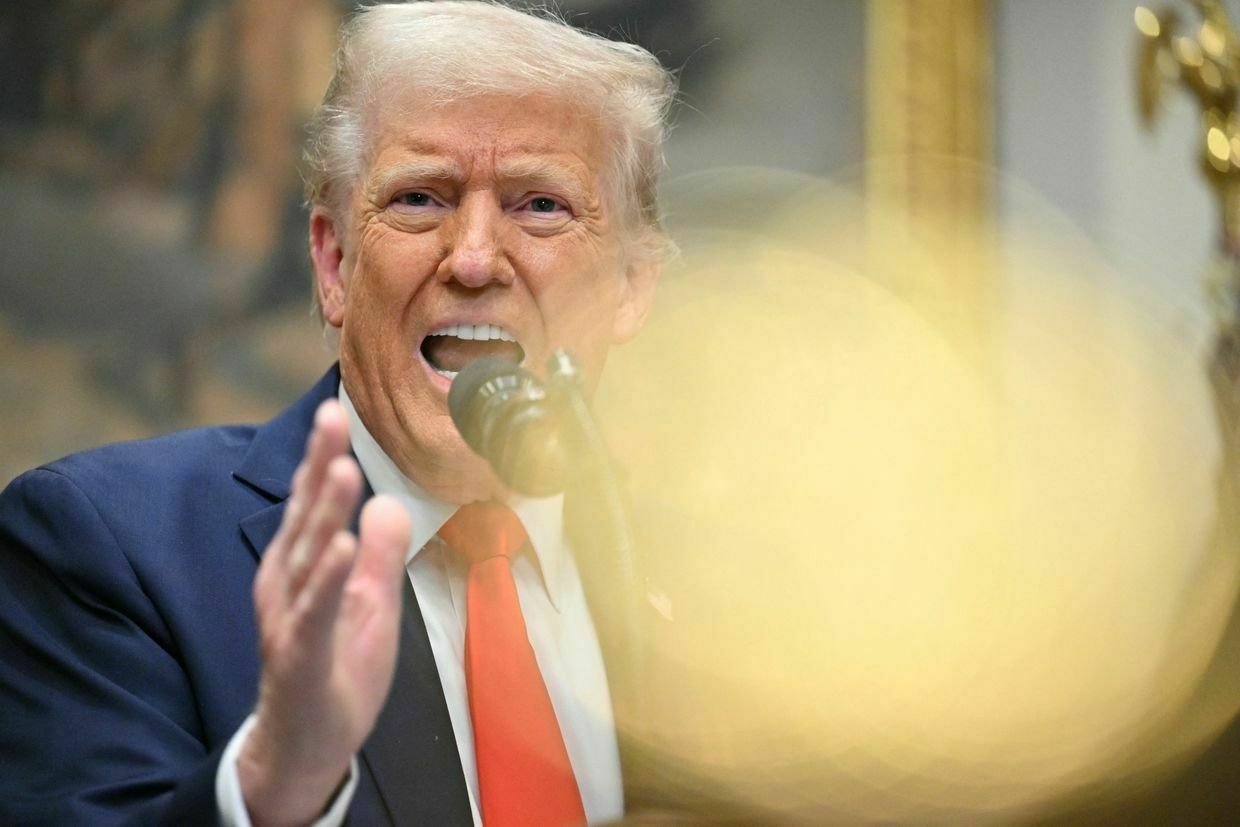
-
Russian job market cools as hiring plunges 15% in early 2025, Russian media reports
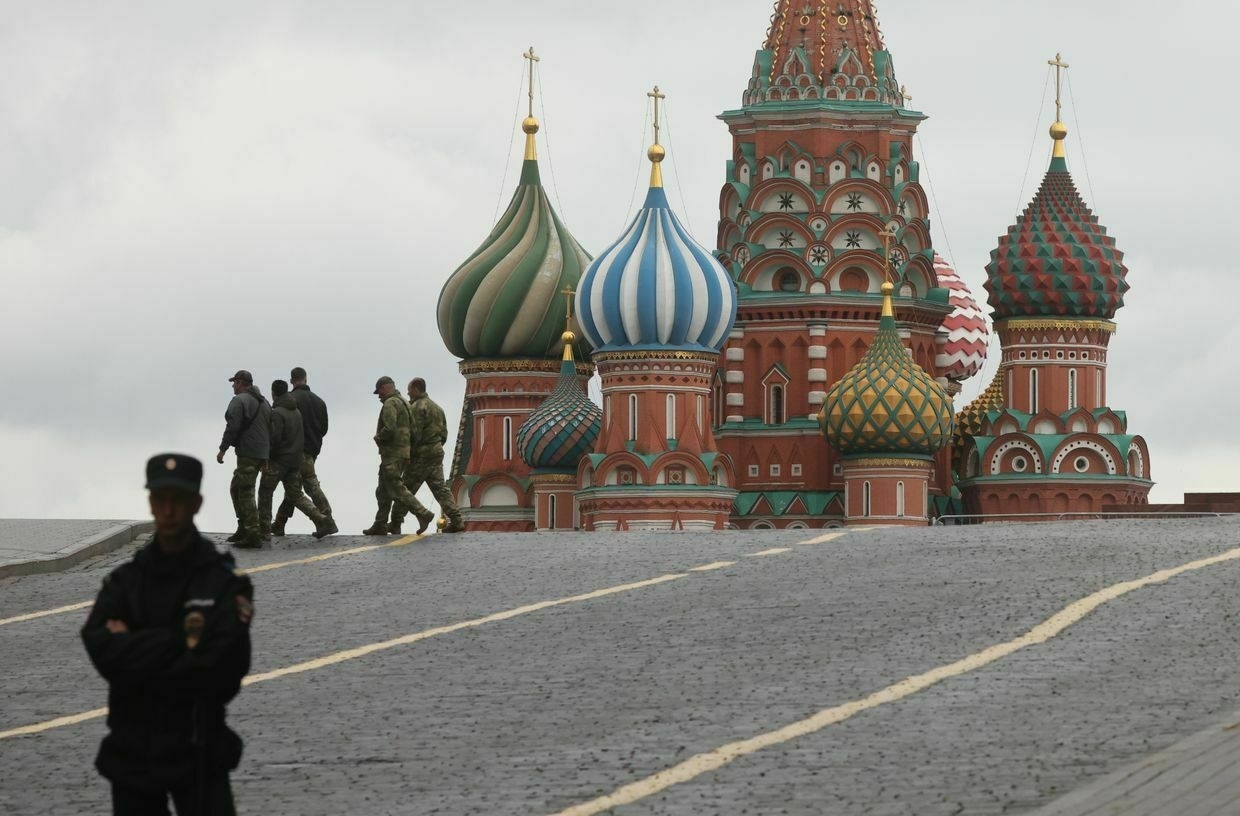
Russian businesses have significantly scaled back their recruitment efforts in early 2025, with job openings falling 15% compared to the same period last year, Russian newspaper Izvestia reported on March 24, citing data from employment service hh.ru.
The total number of vacancies in Russia stood at 2.3 million at the beginning of 2025.The outlet connected the development to financial challenges Russian companies face as the central bank imposed record interest rates to curb the soaring inflation brought about by Russia’s massive wartime spending.
Despite unemployment remaining low at 2.4%, the Russian Central Bank reports a decrease in new job openings, saying that “an increasing number of companies are reporting optimization of hiring plans and salary increases."
Research from the Russian Central Institute of Labour (CIT) shows sector-specific declines in the January-February period compared to last year: accountant positions fell by 13.3%, HR specialists declined by 9.6%, and cashiers dropped by 9.1%.
According to data from hh.ru cited by Izvestia, business-related sectors have experienced the most pronounced slowdown. Vacancies in human resource management plummeted 31% year-on-year, while consulting and investment positions fell 26%, and logistics jobs decreased 25%. Science, education, manufacturing, and service industries continue to show growth.
Certain industries, particularly those related to high technology and government defense contracts, still face personnel shortages.
Companies are cutting back hiring due to difficult financial conditions related to high interest rates, Lyudmila Ivanova-Shvets, an associate professor at Plekhanov Russian University of Economics, told Izvestia. With the central bank maintaining its key rate at 21% annually for the third consecutive time on March 21, corporate credit costs have consistently exceeded 25%.
Instead of bringing on new talent, businesses are intensifying workloads for existing employees through internal job-sharing, increasing productivity requirements, and offering additional pay for expanded responsibilities, reported Izvestia.
Many organizations are also focusing on internal mobility and upskilling current staff.
Meanwhile, the median offered salary in Russia rose nearly 20% from 65,400 rubles ($778) in January-March 2024 to 77,200 rubles ($919) in the same period this year.
Trump says efforts to end Ukraine war ‘somewhat under control’ just hours before deadly Russian drone strike on Kyiv“I don’t think there’s anybody in the world that’s going to stop (Putin) except me,” Trump said shortly before three people were killed in Kyiv by Russian drones.The Kyiv IndependentThe Kyiv Independent news desk
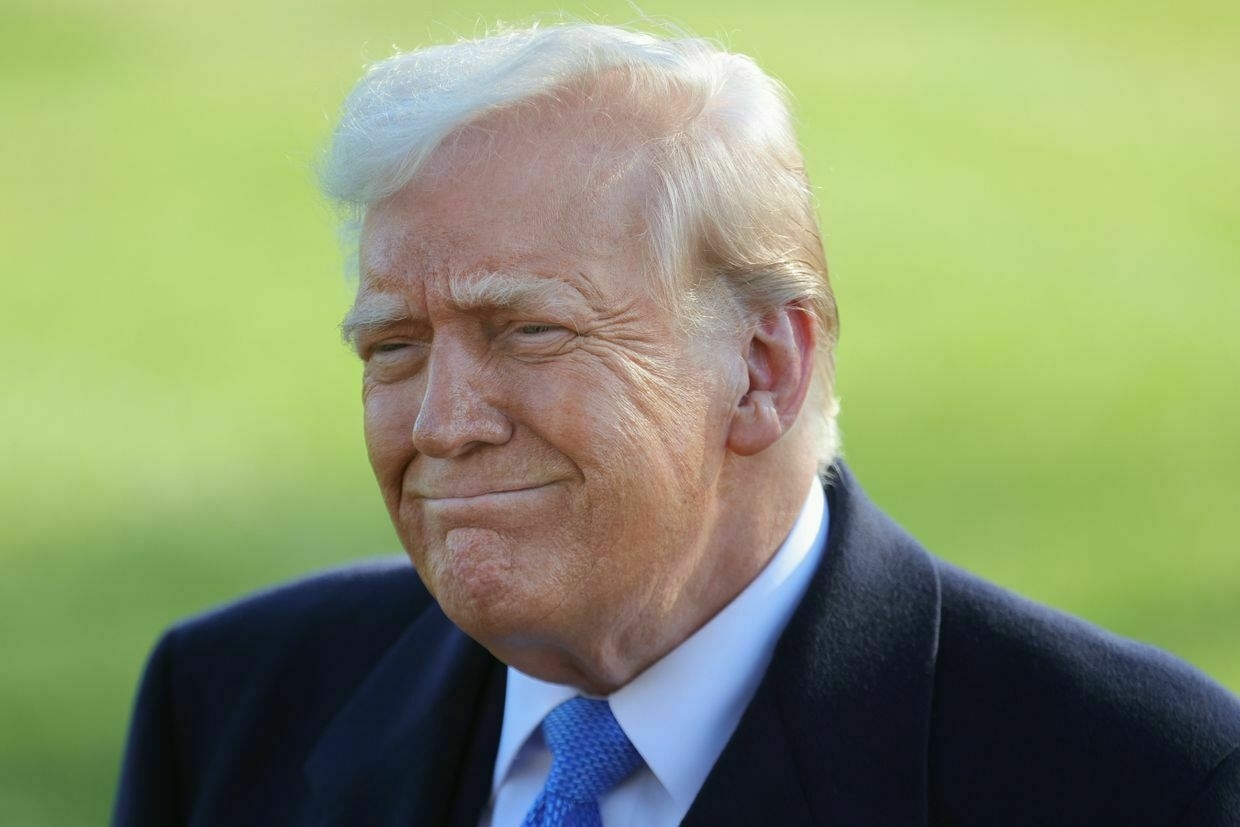
-
Russian Su-25 crashes during training flight in Far East, Russia's Defense Ministry says
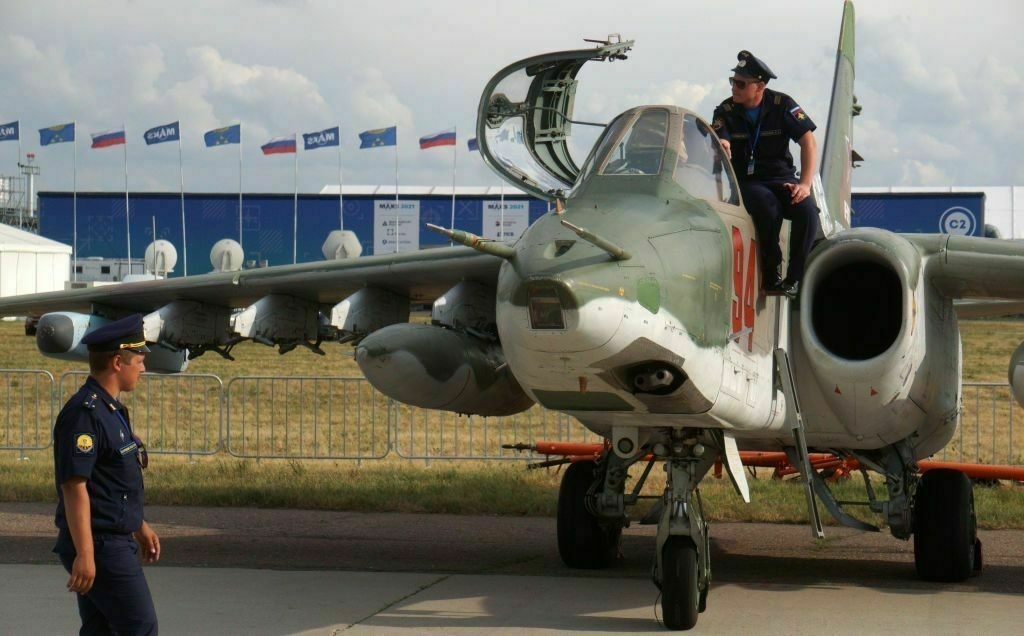
A Russian Su-25 attack aircraft crashed during a routine training flight in Primorye Krai in Russia’s Far East, the Russian Defense Ministry said on March 24.
The pilot successfully ejected and was rescued by a search and rescue team, according to state-owned news agency TASS. A Russian Air Force commission has been dispatched to investigate the incident.
“According to preliminary information, the cause of the accident was a technical malfunction,” the ministry said in a statement.
The attack aircraft was reportedly without ammunition, so there was no damage on the ground, the report said.
The Su-25, a Soviet-designed close-air support aircraft developed by Sukhoi in the late 1970s, is built for battlefield survivability. It features heavy armor and can withstand enemy fire.
The aircraft has been widely used in various conflicts, including in Afghanistan, Chechnya, and, more recently, in Ukraine, where both Russian and Ukrainian forces operate the platform.
Ukraine has downed multiple Russian Su-25s throughout the war. On Feb. 8, Ukraine’s military reported shooting down a Russian Su-25 near the town of Toretsk in Donetsk Oblast.
Trump reportedly growing angry over ongoing Russia-Ukraine aerial strikesSources close to U.S. President Donald Trump told the Telegraph that he remains committed to brokering a ceasefire but is growing impatient.The Kyiv IndependentTim Zadorozhnyy
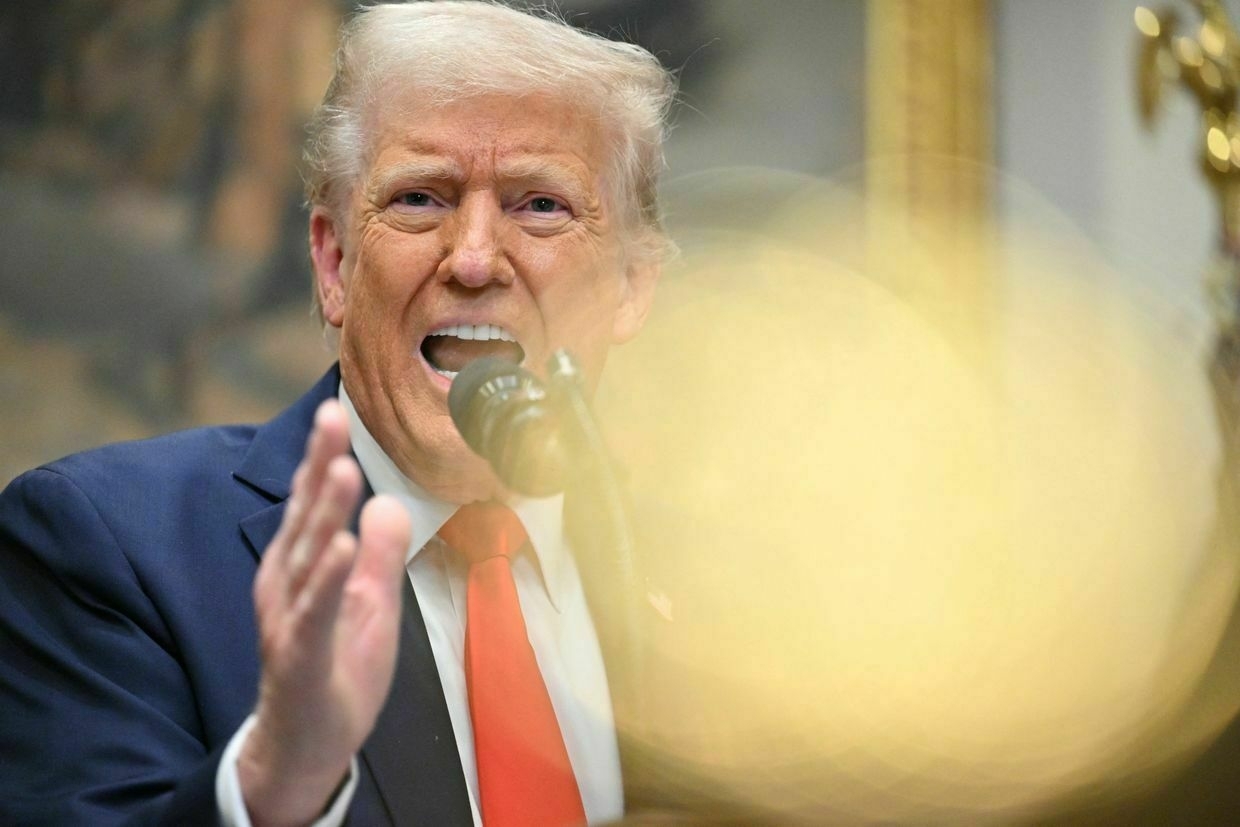
-
Starmer's 'coalition of the willing’ Ukraine peace plan dismissed as 'political theatre,' Telegraph reports
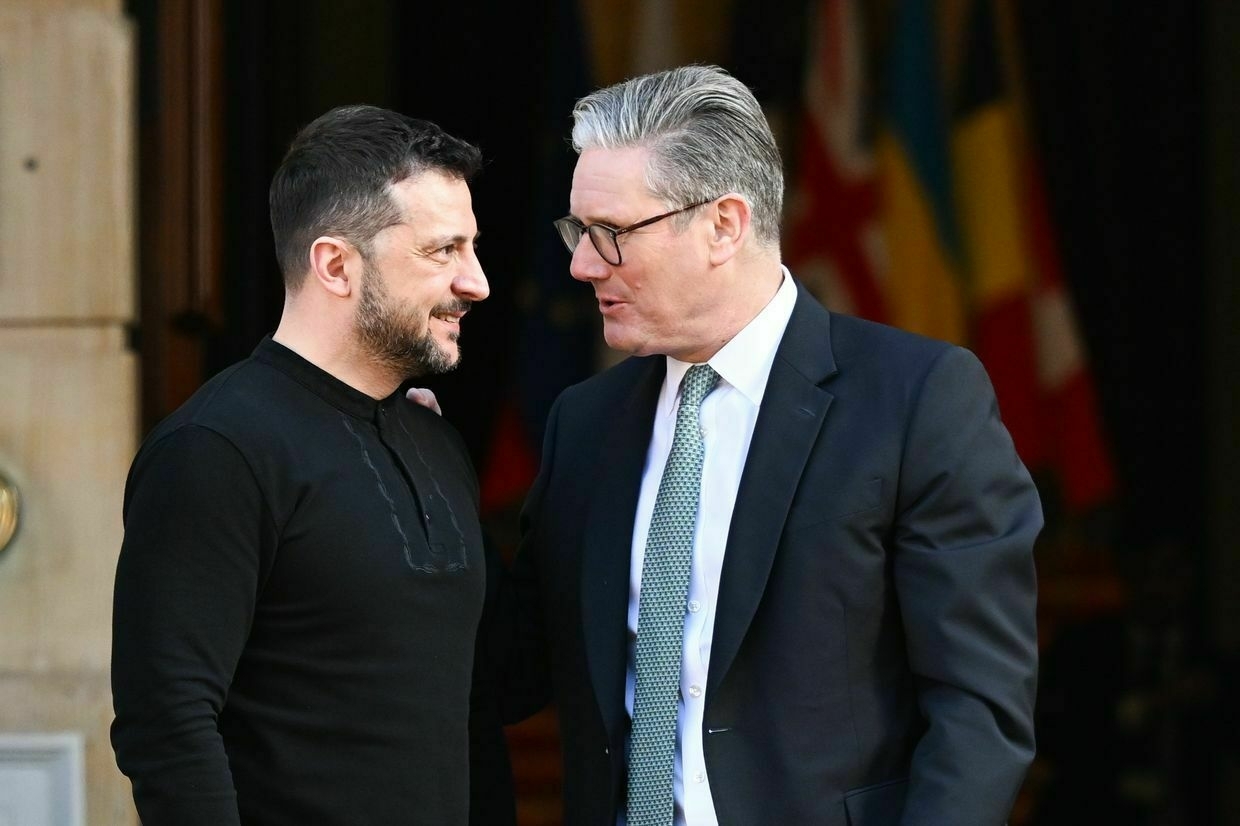
U.K. Prime Minister Keir Starmer’s “coalition of the willing” peace plan for Ukraine has been criticized by British military officials as “political theatre,” the Telegraph reported on March 23, citing several military sources.
Starmer has called for countries to join a coalition of the willing that will include “planes in the air and boots on the ground” in an effort to secure a successful ceasefire in Ukraine. He previously stressed that the coalition would need “strong U.S. backing” to succeed.
Over 30 countries have expressed willingness to contribute to the coalition’s peacekeeping force, Starmer’s spokesperson said on March 17, confirming that the initiative has moved into an “operational phase."
On March 21, it was also reported the U.K. could deploy either Typhoon or U.S.-made F-35 fighter jets to conduct air patrols, given their advanced air-to-air capabilities.
But speaking to the Telegraph, a senior British army source called Starmer’s plan “political theater” without a “defined military end-state or military-strategic planning assumptions."
“Starmer got ahead of himself with talk of boots on the ground before he knew what he was talking about, which is why we hear less about it now and more about jets and vessels which are easier to do and don’t need basing in Ukraine,” the source said.
Another military source described the situation as a political move with “no military sense,” adding that Russia and the U.S. do not support the U.K.-led coalition.
They added there is much uncertainty regarding the role of a “10,000-international force based in the west of the country over 400km (250 miles) from the front line."
The Chief of the Defence Staff Antony Radakin dismissed criticism of the plans and stated that “no one should be in any doubt that this work is critical and substantial."
On March 24, Radakin and the service chiefs will meet their French counterparts at the UK Defense Ministry’s Whitehall headquarters.
On March 21, U.S. special envoy to the Middle East Steve Witkoff, speaking with American far-right political commentator Tucker Carlson, also rubbished Starmer’s plan for a special coalition force to support a ceasefire in Ukraine.
Witkoff called Starmer’s plan “simplistic” and a “posture and a pose.” He said he does not believe that Russia wants to further invade Europe or even absorb all of Ukraine.
“There is this sort of notion that we have all got to be like Winston Churchill. Russians are going to march across Europe. That is preposterous by the way,” he told Carlson.
Trump says efforts to end Ukraine war ‘somewhat under control’ just hours before deadly Russian drone strike on Kyiv“I don’t think there’s anybody in the world that’s going to stop (Putin) except me,” Trump said shortly before three people were killed in Kyiv by Russian drones.The Kyiv IndependentThe Kyiv Independent news desk
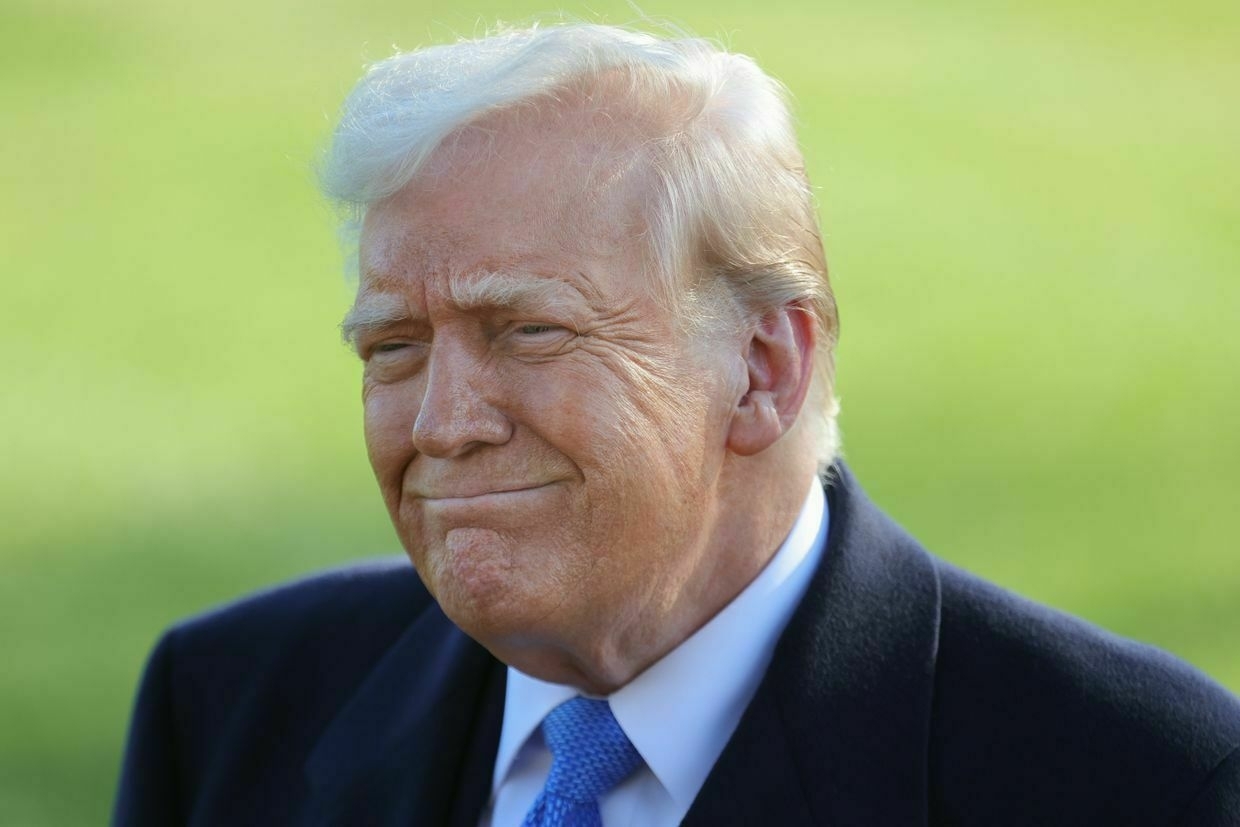
-
Romania, Bulgaria concerned about possible US-Russia Black Sea deal, FT reports

Romania and Bulgaria are wary of a possible deal between the U.S. and Russia that could restore Moscow’s position in the Black Sea, the Financial Times reported on March 24, citing undisclosed officials from the region.
U.S. and Russian delegates are meeting in Riyadh on March 24 as Washington pushes for a ceasefire in the Black Sea and a broader peace deal.
As Ukraine has greatly degraded Russia’s capabilities in the Black Sea through a sustained drone and missile campaign, any potential deal could be beneficial to Russia and expand its Navy’s operational area, officials told the Financial Times.
Kyiv said it had destroyed or disabled one-third of the Russian Black Sea Fleet during more than three years of the full-scale war, forcing Moscow to withdraw much of its naval assets from occupied Crimea.
The drone and missile campaign had also allowed Ukraine to reopen its shipping lanes despite Russia’s withdrawal from the Black Sea Grain Initiative in 2023.
Details of a possible Black Sea agreement between the U.S. and Russia remain unclear as the “technical” discussions are ongoing.
U.S. and Ukrainian delegations also discussed a mutual halt on strikes against both Ukrainian and Russian ports and infrastructure during their meeting in Riyadh on March 23, a Ukrainian official said.
The meetings follow Russian President Vladimir Putin’s claimed agreement with U.S. President Donald Trump to institute a 30-day pause on strikes against energy facilities. Kyiv has backed the partial ceasefire but accused Russia of continuing its attacks against Ukrainian civilian infrastructure.
Trump’s return to the White House marked a major shift in U.S. foreign policy. Washington has sought to restore ties with Moscow while adopting an increasingly critical stance toward its partners.
Trump’s friendly rhetoric toward Russia and Putin, as well as a temporary pause on military and intelligence support for Ukraine earlier in March, sparked concerns that Washington might promise favorable conditions to Moscow in order to broker a peace deal.
Ukraine war latest: Russian drone attack on Kyiv leaves 3 dead including a 5-year-old girl and her fatherKey developments on March 22 - 23: * Kyiv hit by massive Russian drone strike, 3 dead including a 5-year-old girl and her father * Russian attacks on Kyiv ‘undermine peace efforts,’ Sybiha says * China considering joining Ukraine peacekeeping mission, Die Welt reports * Czechia willing to contr…The Kyiv IndependentThe Kyiv Independent news desk
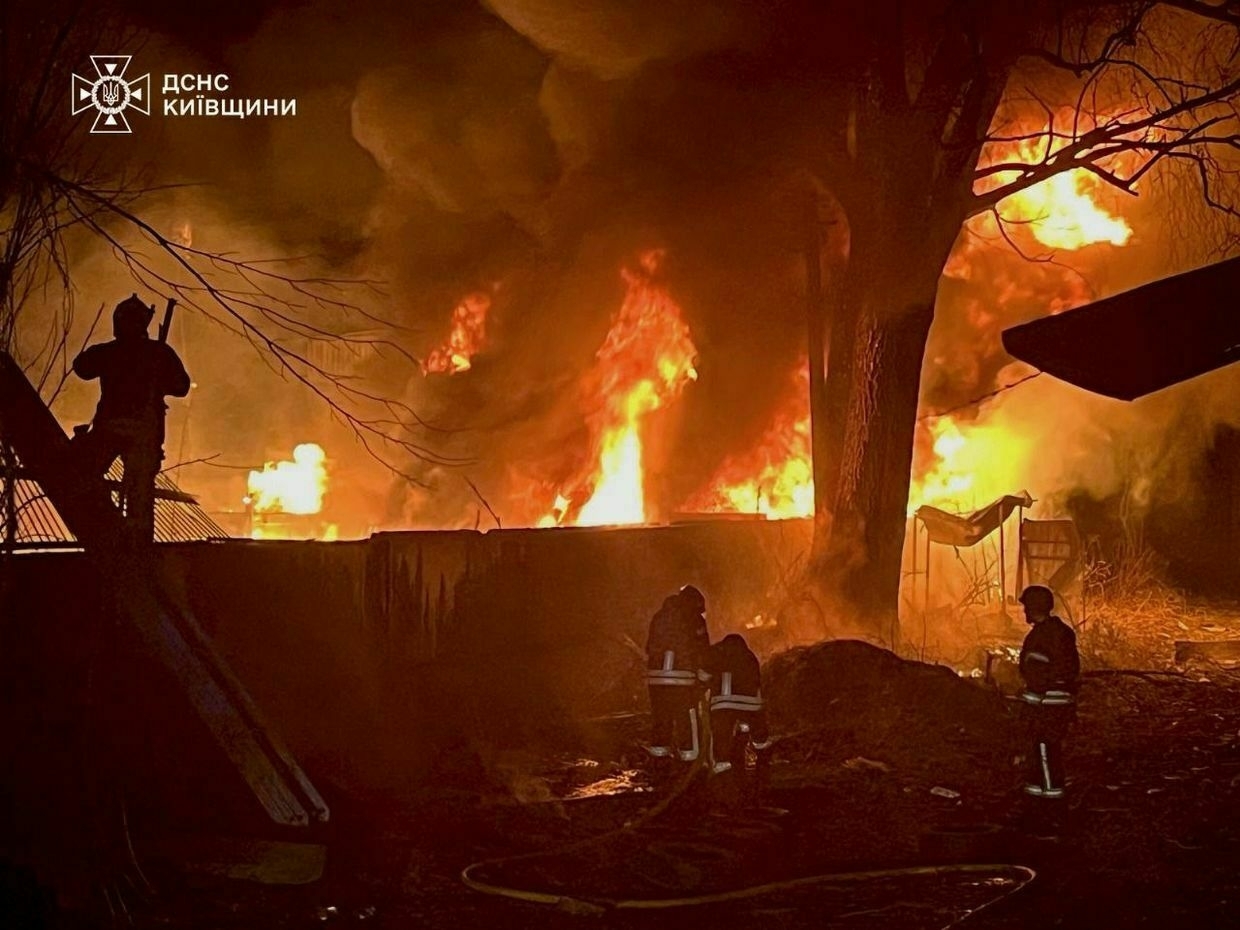
-
US-Ukraine talks in Riyadh concerned halt on strikes against ports, official says
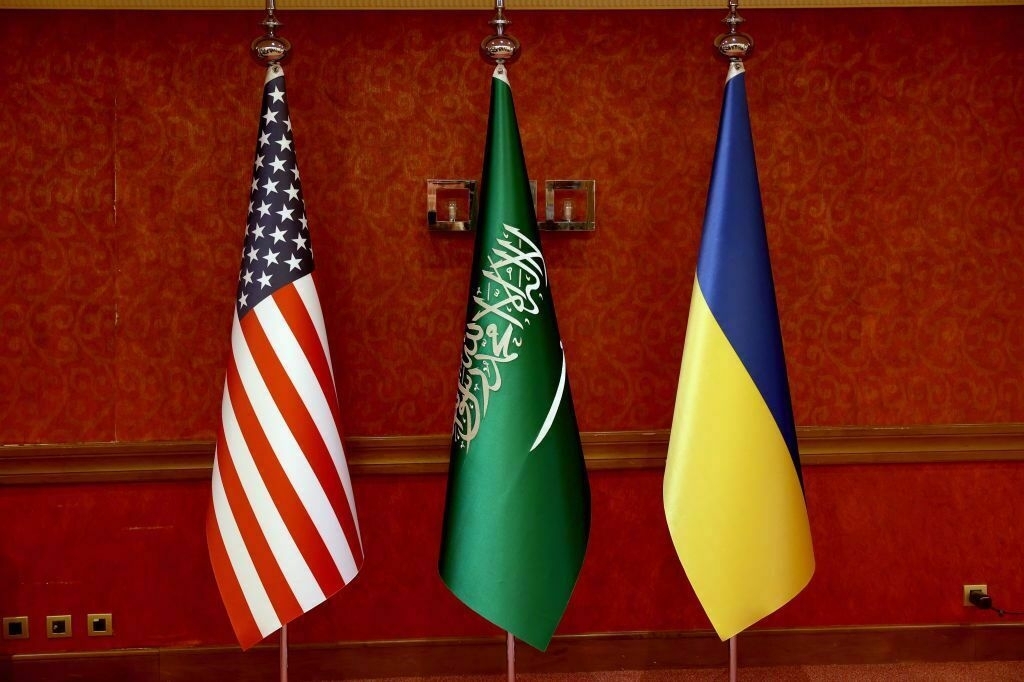
The “technical” talks between the U.S. and Ukraine in Saudi Arabia on March 23 about a possible ceasefire with Russia focused on infrastructure and shipping safety, said Serhii Leshchenko, a Presidential Office advisor, on March 24.
Ukraine previously described the talks in Riyadh as “constructive and beneficial” but revealed little details on its conclusions. According to Leshchenko, the two parties discussed a possible pause on strikes against both Ukraine’s and Russia’s port infrastructure.
“The discussion concerned a mutual ceasefire: we won’t attack their (Russian) facilities at sea and rivers, and they won’t attack our facilities, our Kherson and Mykolaiv ports, the Greater Odesa ports,” the advisor said on air on national television.
The discussion comes after Russian President Vladimir Putin claimed to have ordered a 30-day pause on strikes against Ukraine’s energy infrastructure as part of an agreement with U.S. President Donald Trump on March 18. In spite of this, Ukraine and Russia continue to exchange drone strikes.
Russian and U.S. delegates are also meeting in Riyadh on March 24, with Washington reportedly aiming to push for a ceasefire in the Black Sea.
Leshchenko stressed that the Ukrainian delegation remained in Saudi Arabia after the round of talks on March 23, explaining that more discussions with the U.S. may follow.
The White House reportedly aims to broker a full ceasefire in Ukraine by April 20 in order to achieve a broader peace agreement.
US-Russia talks begin in Saudi Arabia, Russian media reportsThe meeting, which comes only a day after talks between the U.S. and Ukraine, is expected to focus on a possible ceasefire in the Black Sea and a broader truce.The Kyiv IndependentMartin Fornusek
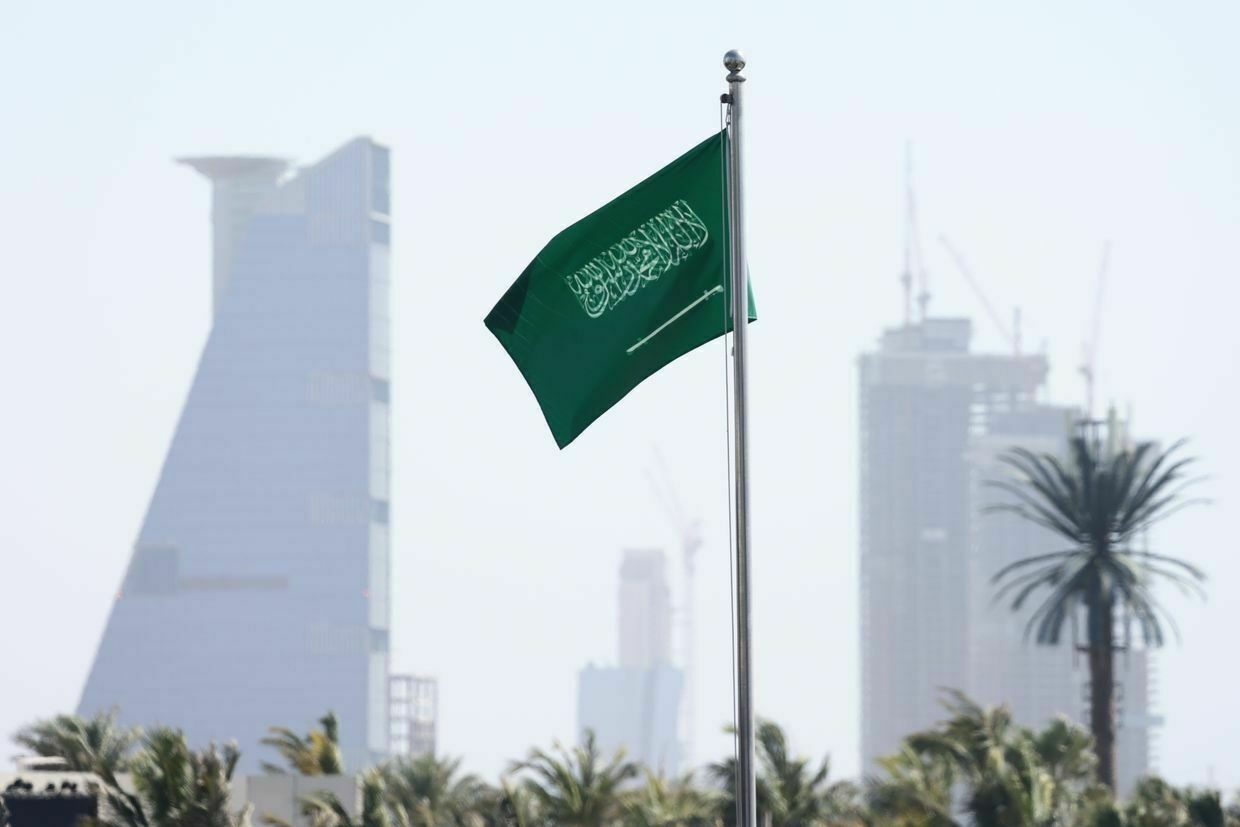
-
Trump reportedly growing angry over ongoing Russia-Ukraine aerial strikes
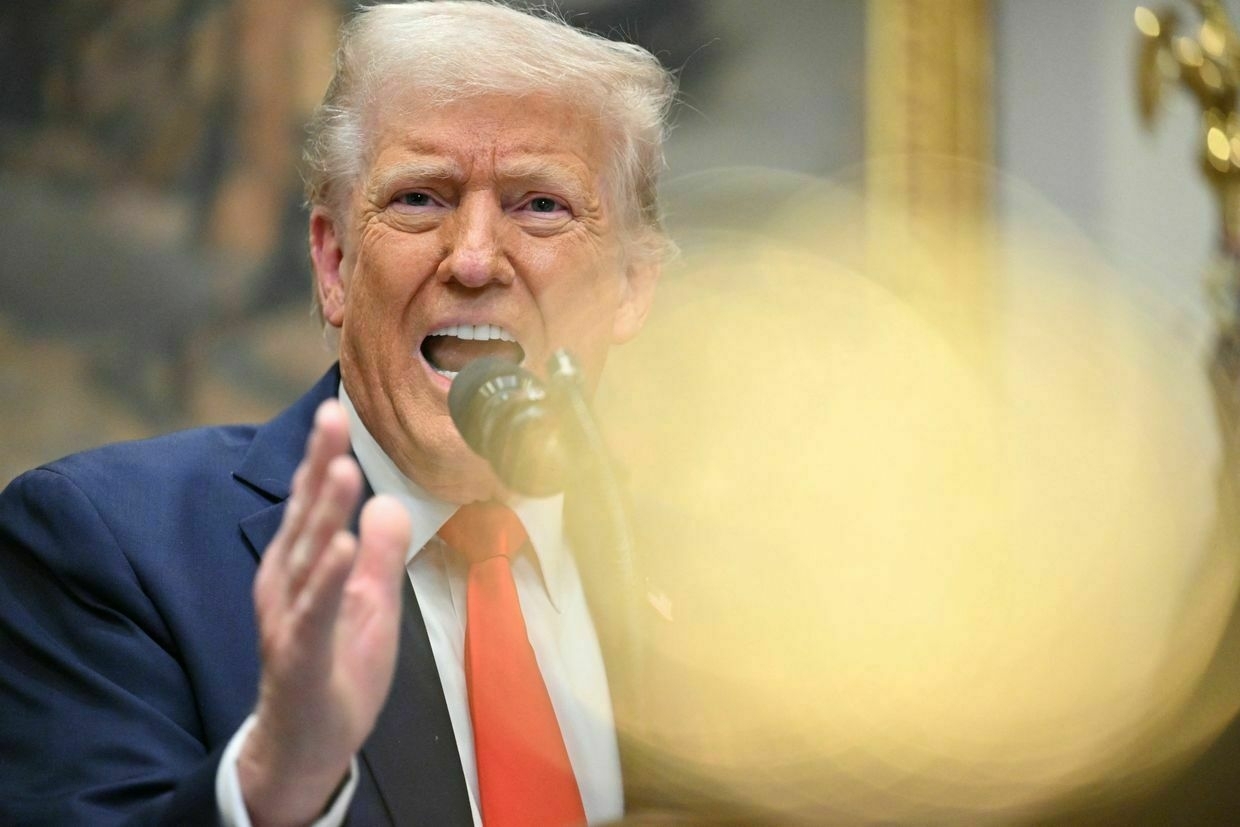
U.S. President Donald Trump is reportedly growing angry that Russia and Ukraine continue to launch aerial strikes despite his peace efforts, the Telegraph wrote on March 23, citing undisclosed sources close to Trump.
Following Trump’s recent calls with Russian President Vladimir Putin and President Volodymyr Zelensky, the Kremlin claimed it had ordered a 30-day pause on strikes against Ukraine’s energy infrastructure. Kyiv supported a mutual halt on energy strikes but accused Russia of continuing attacks against Ukraine’s civilian targets.
Washington and Kyiv previously backed a broader 30-day ceasefire that would include ground operations, but Moscow rejected the proposal unless it included a halt on foreign military support for Ukraine and other conditions that would weaken Kyiv’s ability to defend itself.
Sources close to Trump told the Telegraph that he remains committed to brokering a ceasefire but is growing impatient.
Despite this, White House officials, “those closest to the president,” reportedly maintain a calm atmosphere and urge patience with the process.
Meanwhile, Russian forces continue heavy attacks on Ukrainian cities. At least four people were killed and 13 injured in Russian strikes over the past day, regional officials reported on March 24.
Kyiv has also reportedly launched strikes against Russia. Ukrainian drones attacked the Kavkazskaya oil pumping station in Russia’s Krasnodar Krai on March 19, causing a fire that firefighters are still battling five days later, Russian authorities claimed.
On March 21, Russia also accused Ukraine of shelling the Sudzha gas metering station in Kursk Oblast, a key transit facility for Russian gas exports to Europe. Ukraine’s General Staff denied the claim, accusing Moscow of staging a provocation.
China denies considering participation in Ukraine peacekeeping missionThe Chinese Foreign Ministry has denied claims in the media that it considers participating in a possible peacekeeping mission in Ukraine, China’s state-run newspaper Global Times reported on March 24.The Kyiv IndependentMartin Fornusek
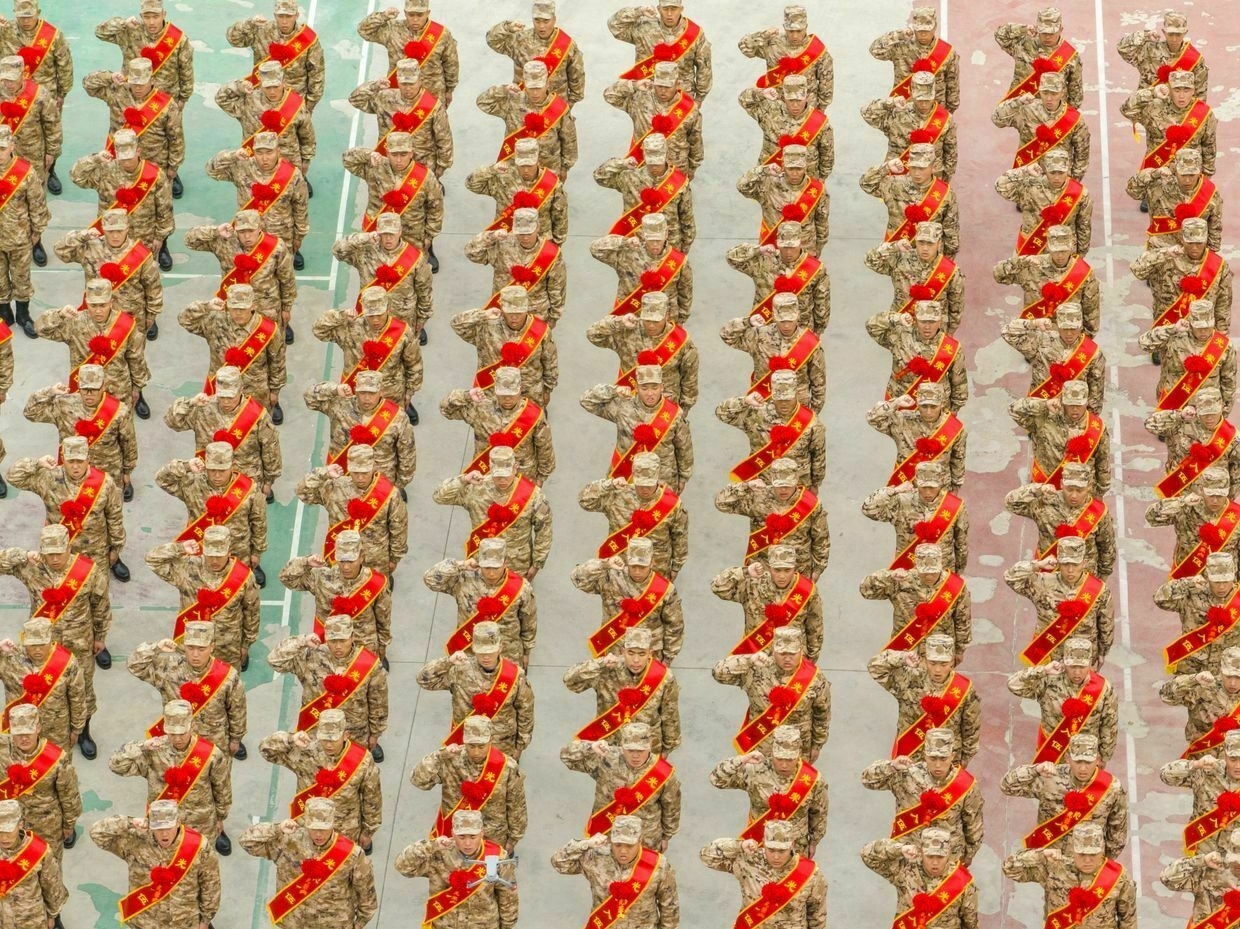
-
Trump & Ceasefire: Is there a Plan and What is it?
-
Returning abducted Ukrainian children 'confidence building measure,' Waltz says amid peace talks
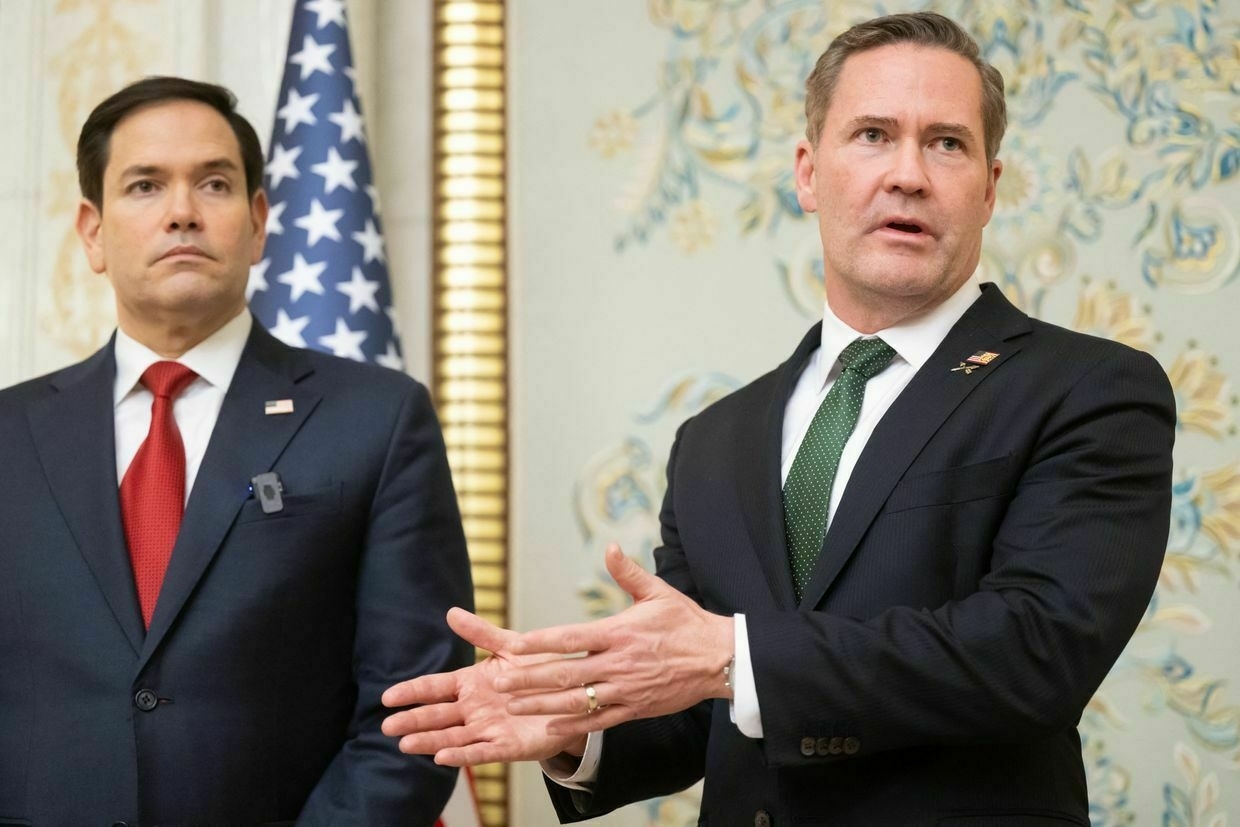
U.S. National Security Adviser Mike Waltz sat down with CBS News on March 23 to discuss the upcoming U.S.-led negotiations in Saudi Arabia on ending the war between Russia and Ukraine.
When asked about the goals of the peace talks in Saudi Arabia, Waltz praised the efforts of the Trump administration, noting that there are “technical teams actually with Ukrainians and Russians in the same facility, conducting proximity talks."
Waltz said that the topics of prisoner exchanges and Ukrainian children illegally abducted by Russia will likely be discussed at the peace talks, adding that they will serve as a “confidence building measures” for negotiations.
“President Trump has spoken to both leaders about prisoner exchanges. Both the Russians and Ukrainians exchanged prisoners, nearly 200, immediately following their call. And he’s also talked about the future of these children. So that’s certainly, first and foremost, and, kind of, confidence building measures,” Waltz said.
When asked to clarify whether the Trump team will request “the release of these children as a confidence building measure,” Waltz confirmed that the measure is “one of them."
At least 19,500 Ukrainian children have been confirmed as abducted by Russia since the start of its full-scale invasion of Ukraine, and about 1,200 have been brought home, according to the Ukrainian government’s Children of War database.
Waltz also mentioned the recent 30-day ceasefire on energy infrastructure and a pending ceasefire in the Black Sea, that would allow “both sides [to] move grain, fuel, and start conducting trade again."
Russia has repeatedly targeted Black Sea shipping routes since the start of the full-scale invasion. In July 2023, they also pulled out of the Black Sea Grain Initiative, further threatening global food security.
The International Criminal Court (ICC) issued an arrest warrant for Russian Presidential Commissioner for Children’s Rights Maria Lvova-Belova and Russian President Vladimir Putin on March 17, 2023, over the deportation of Ukrainian children.
‘They are Russian-speaking, and there have been referendums,’ — Witkoff parrots Russian propaganda, legitimizing Putin’s claims in UkraineU.S. special envoy to the Middle East, Steve Witkoff, who recently emerged as a leading figure in negotiations regarding Russia and Ukraine, revealed insights into ongoing ceasefire talks between Moscow and Washington. In an interview on March 21 with American far-right political commentator Tucker…The Kyiv IndependentNatalia Yermak
